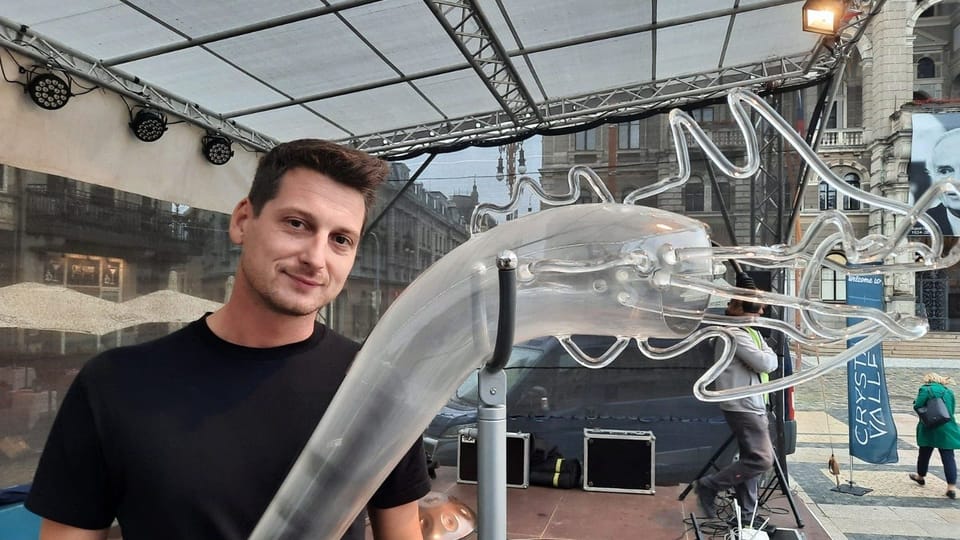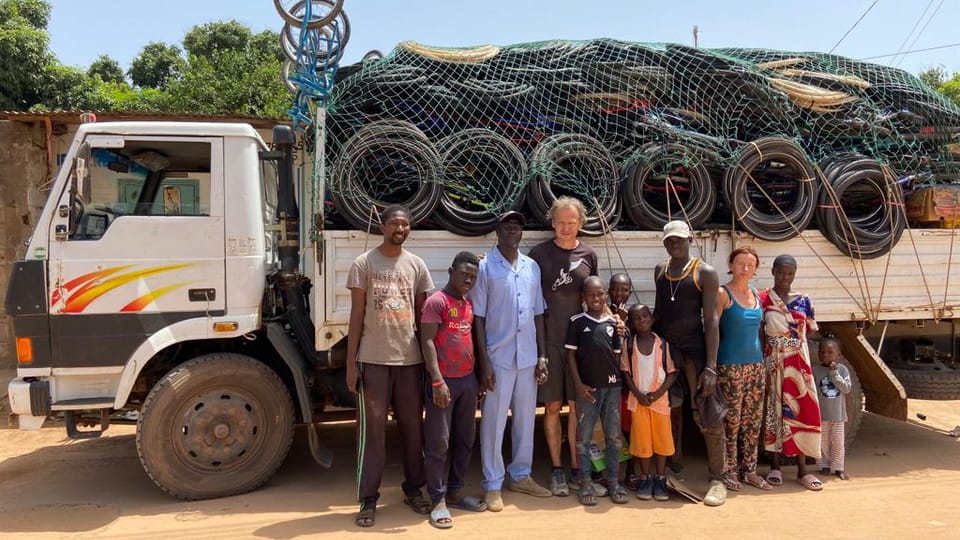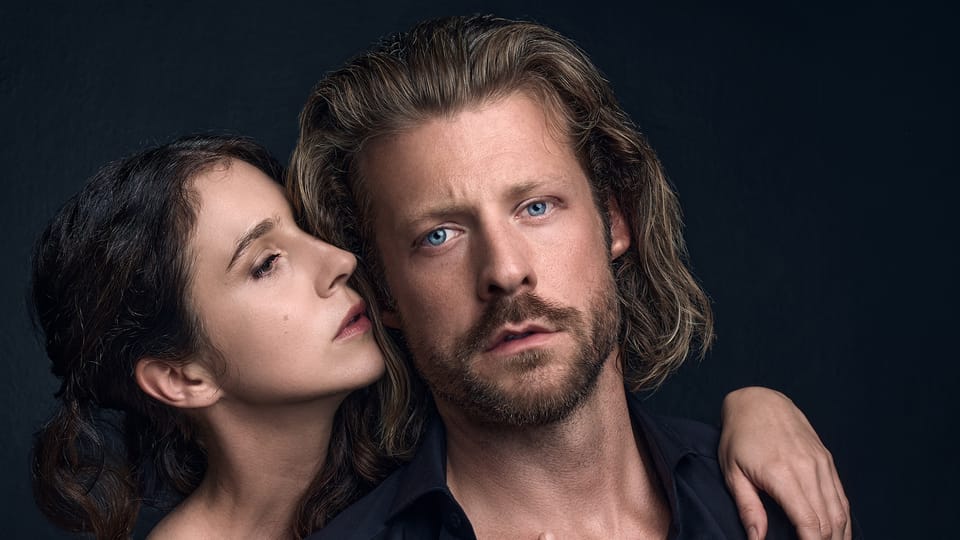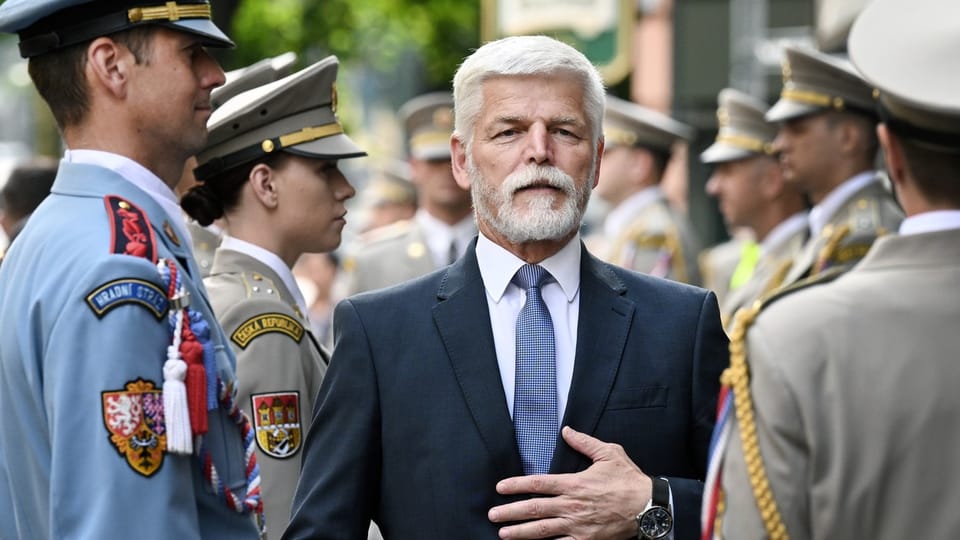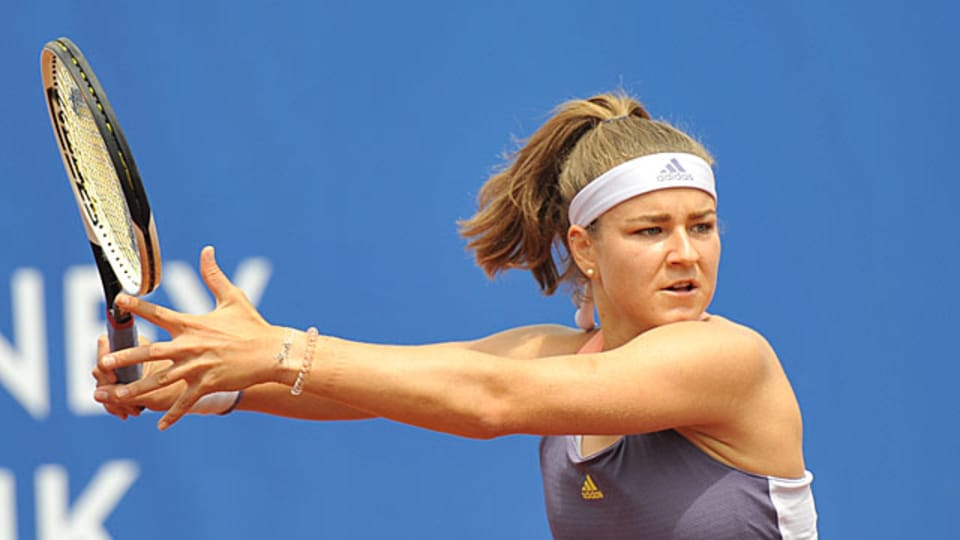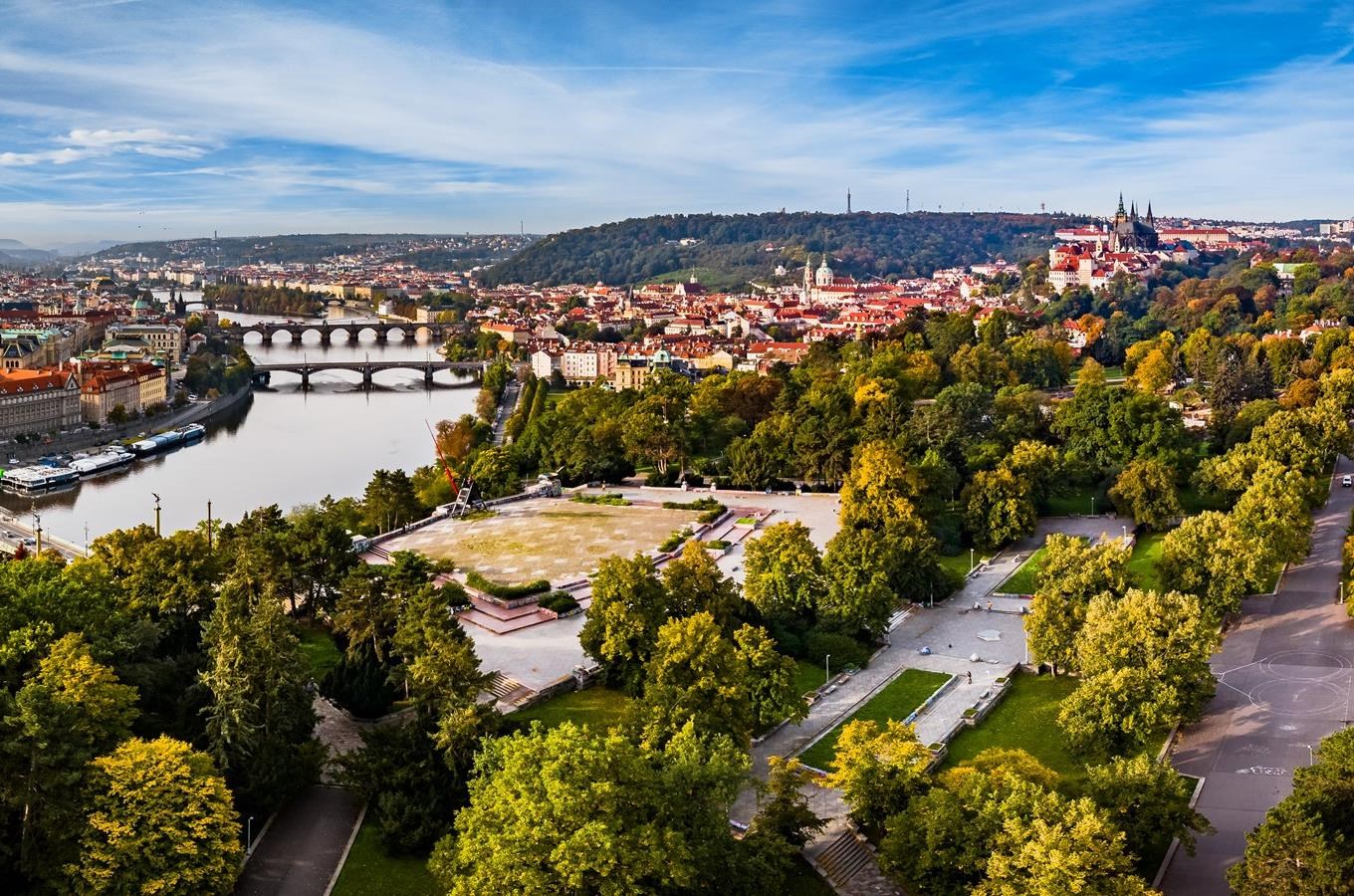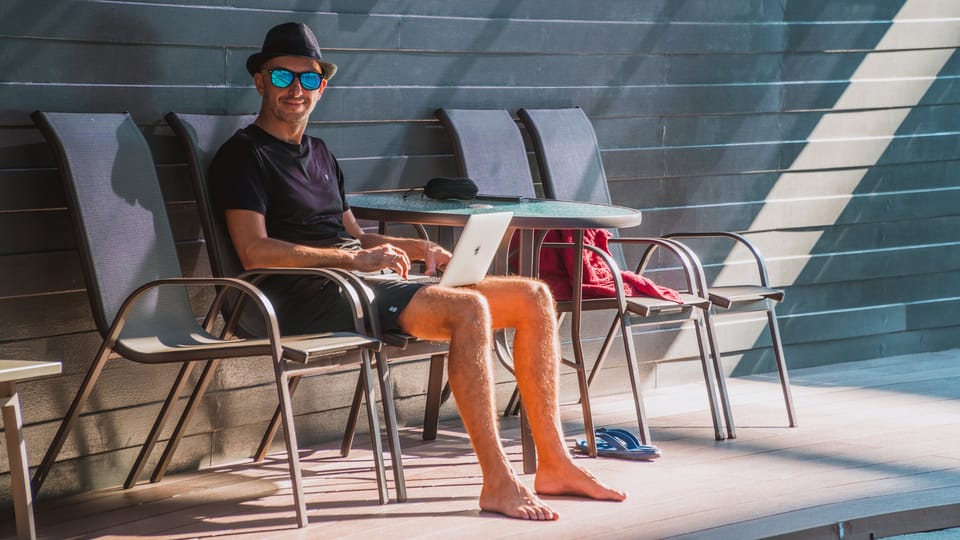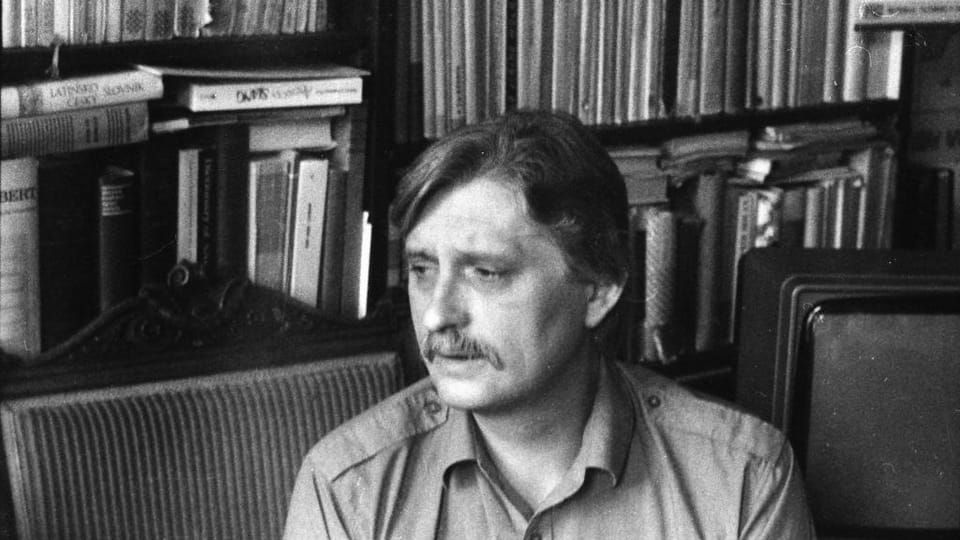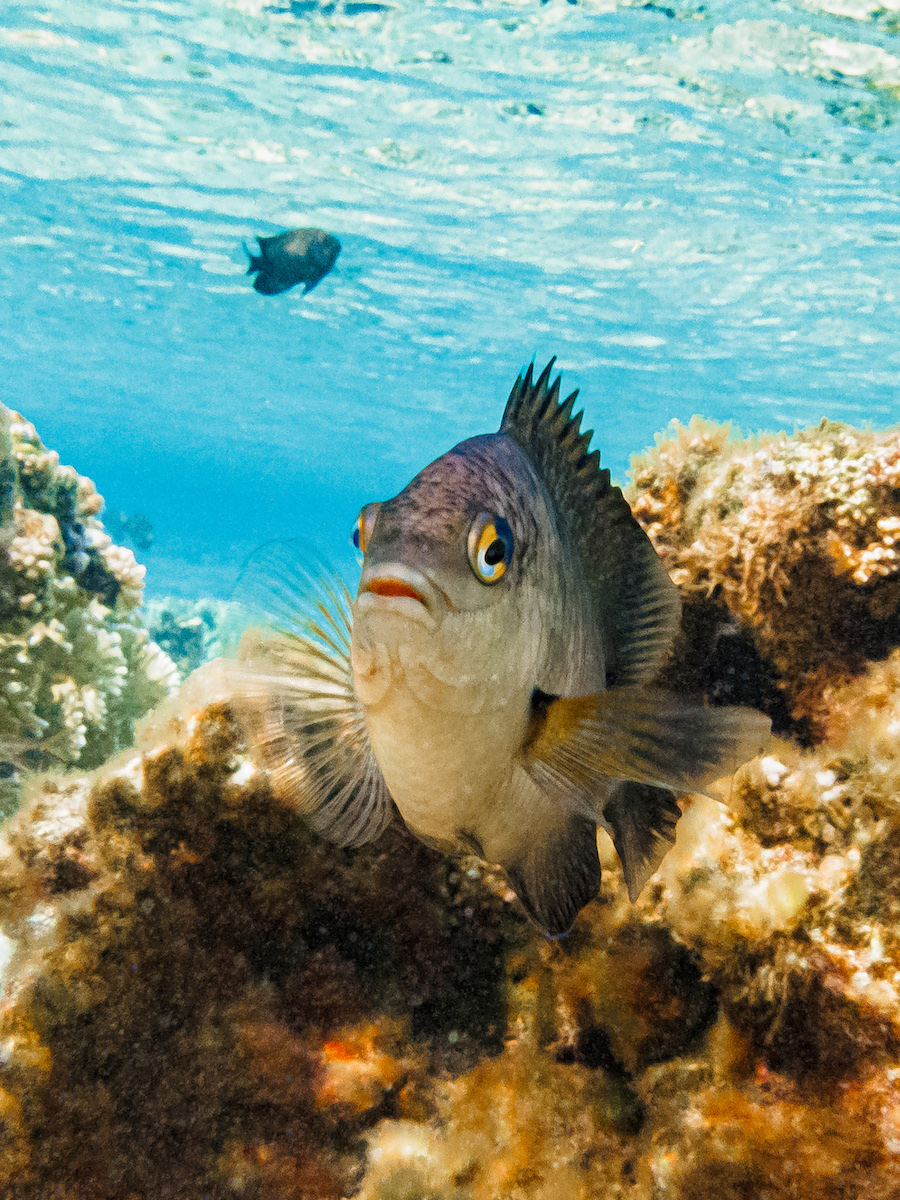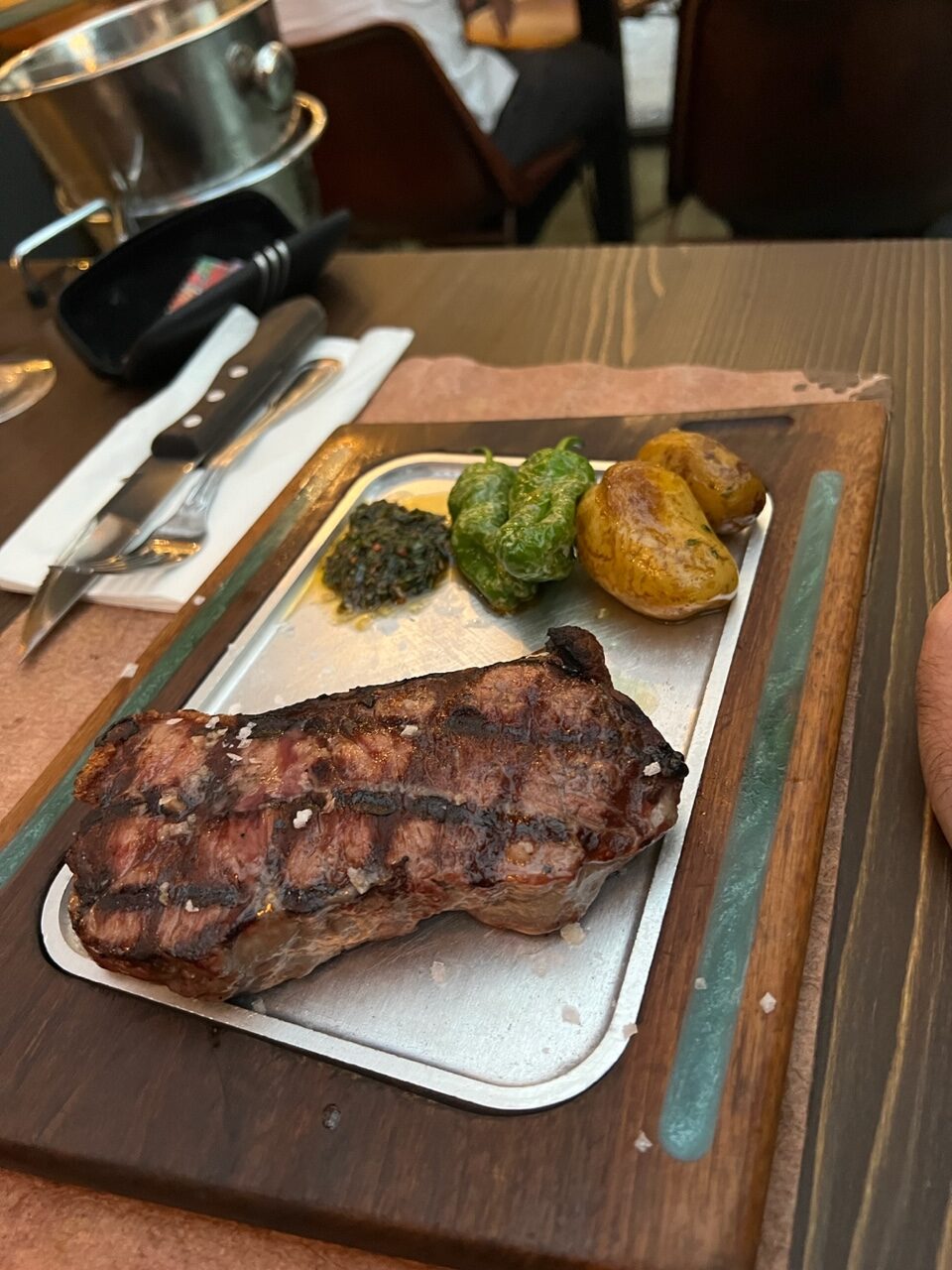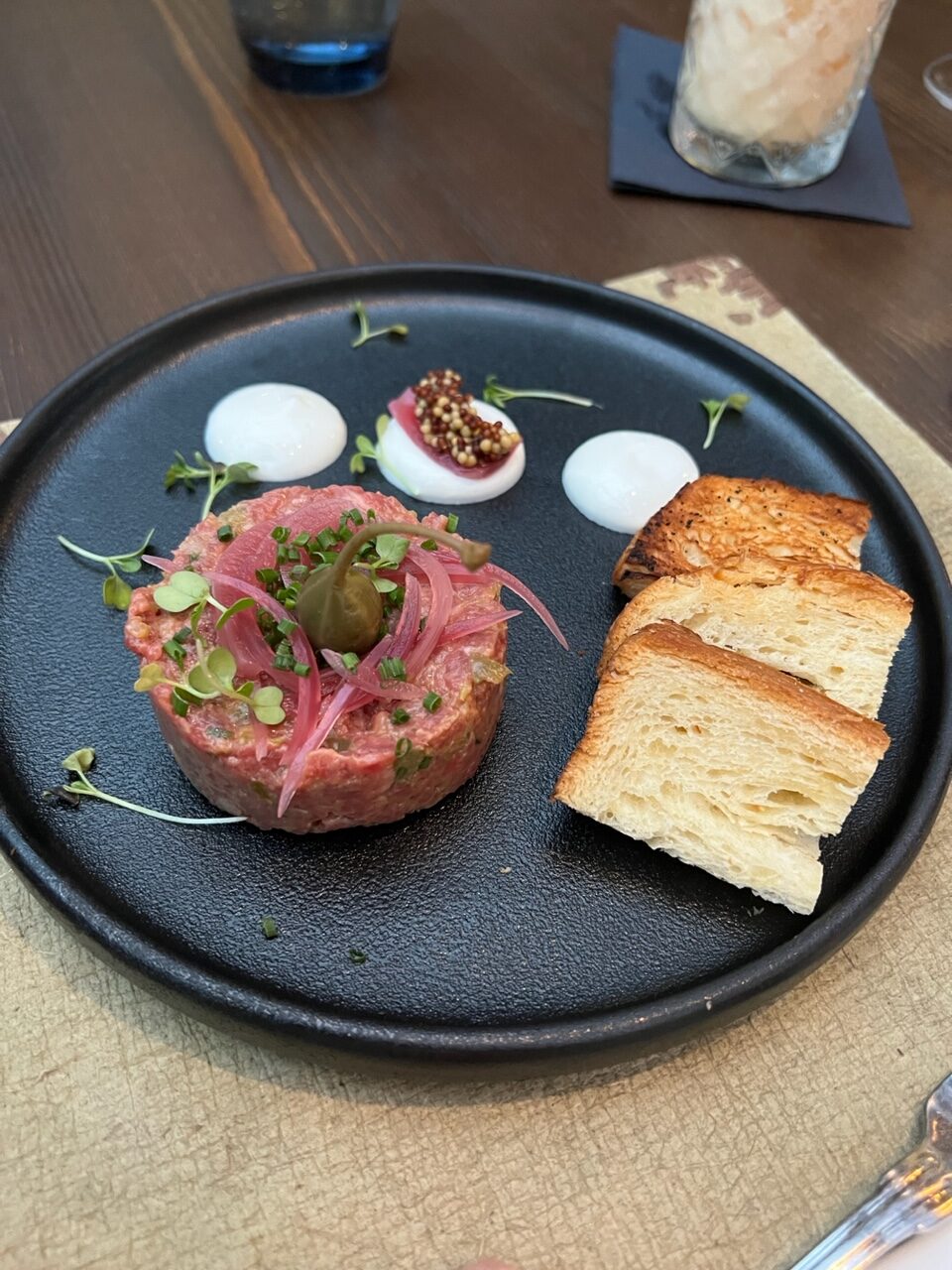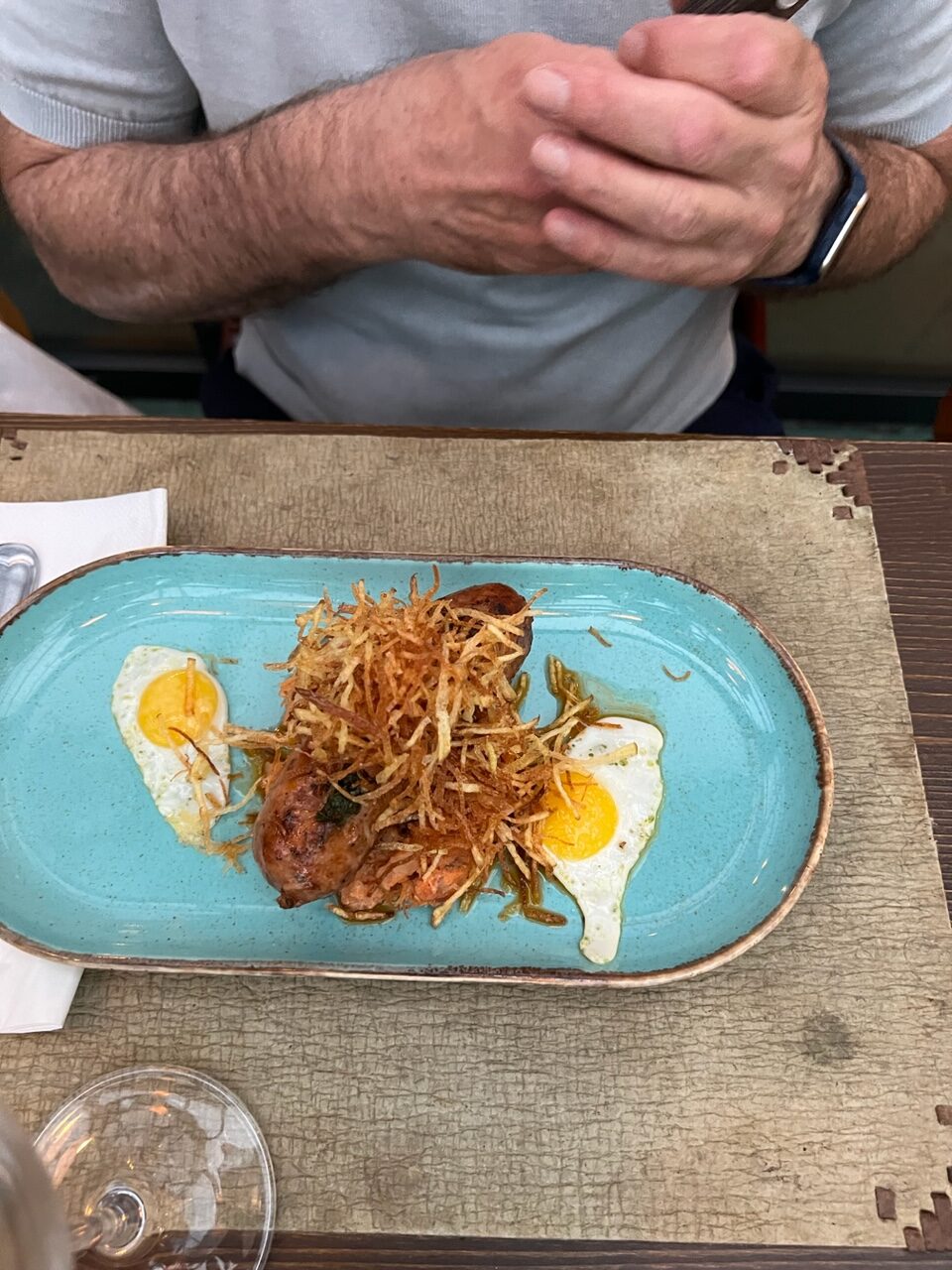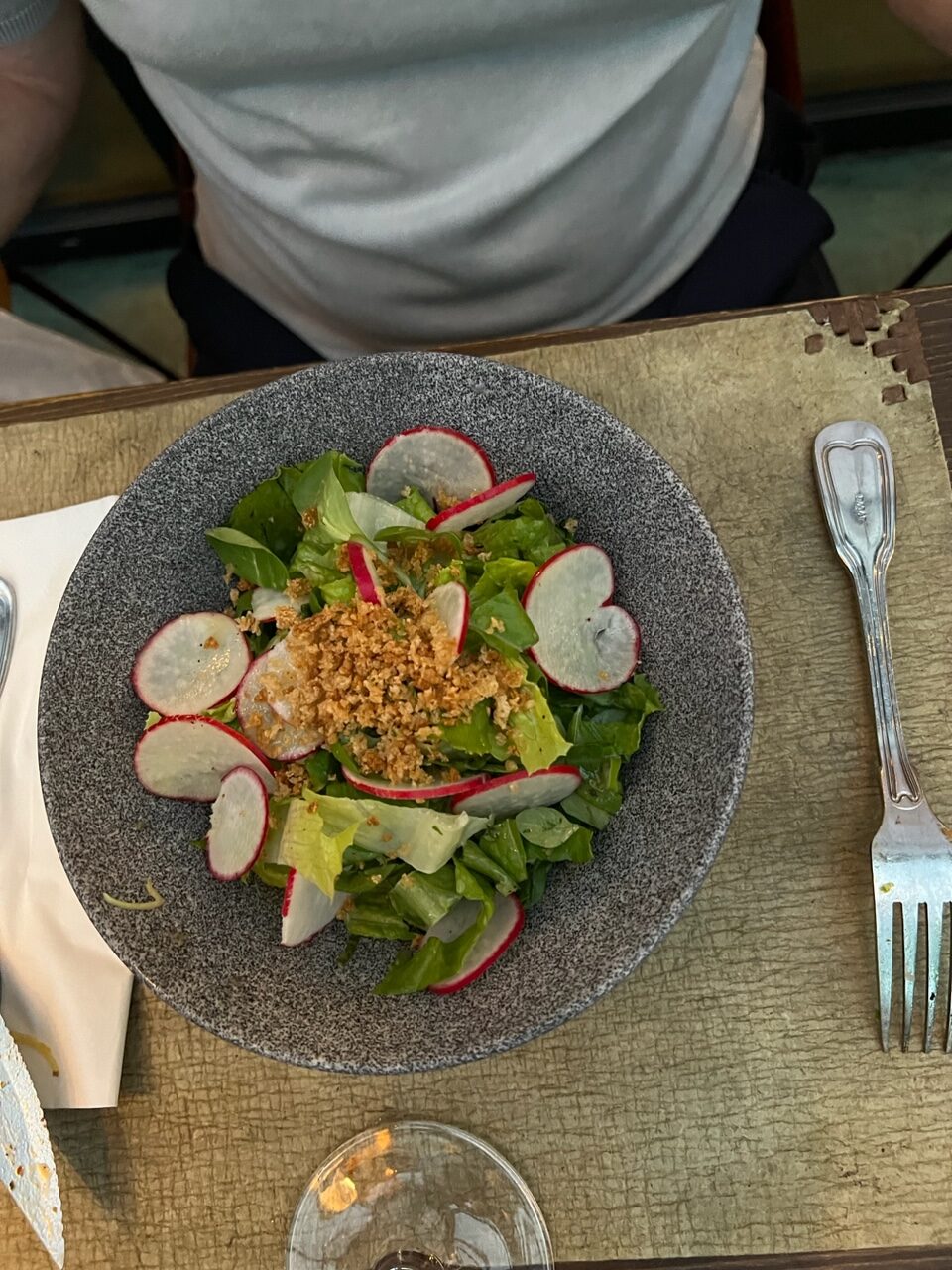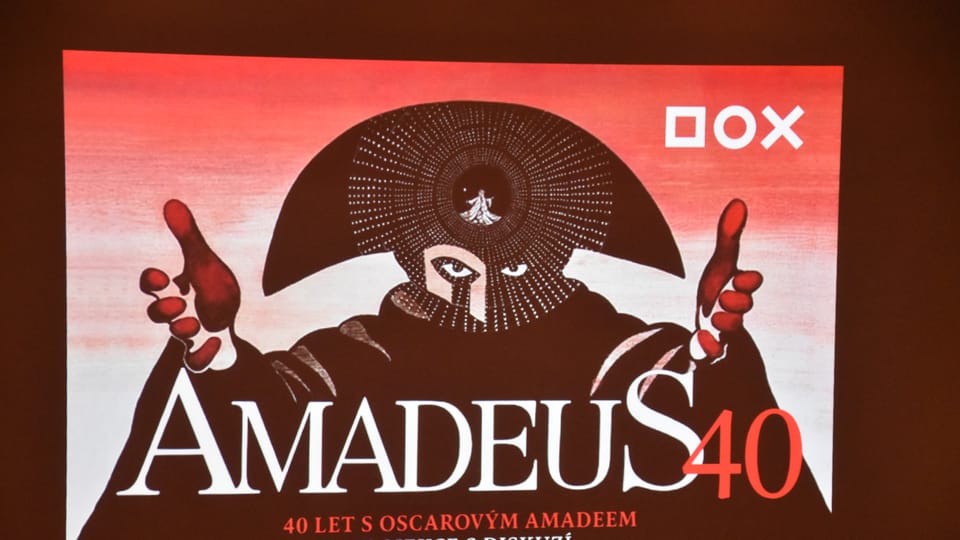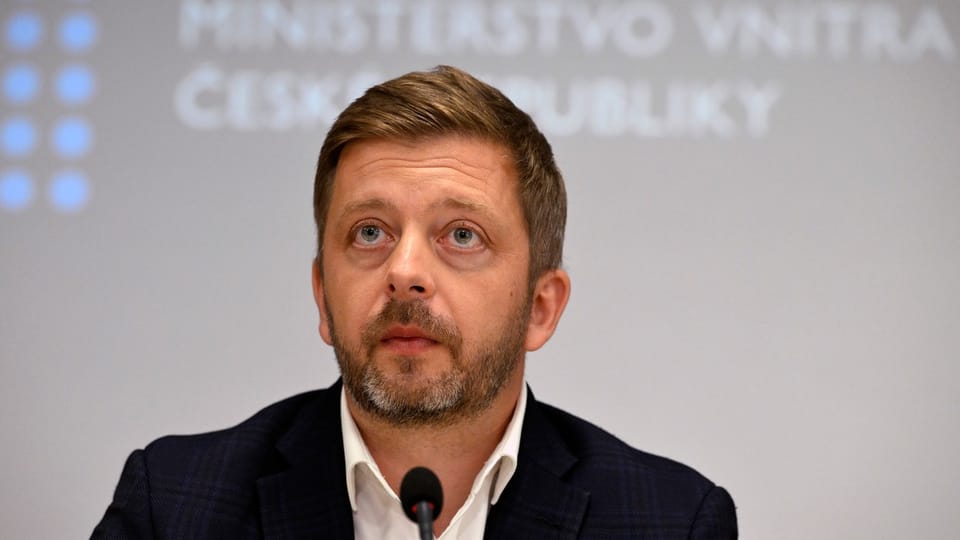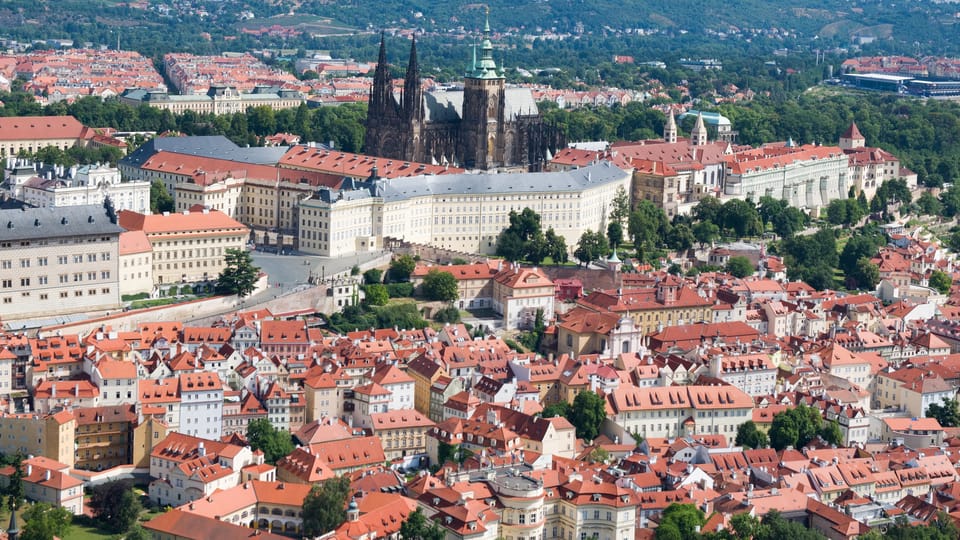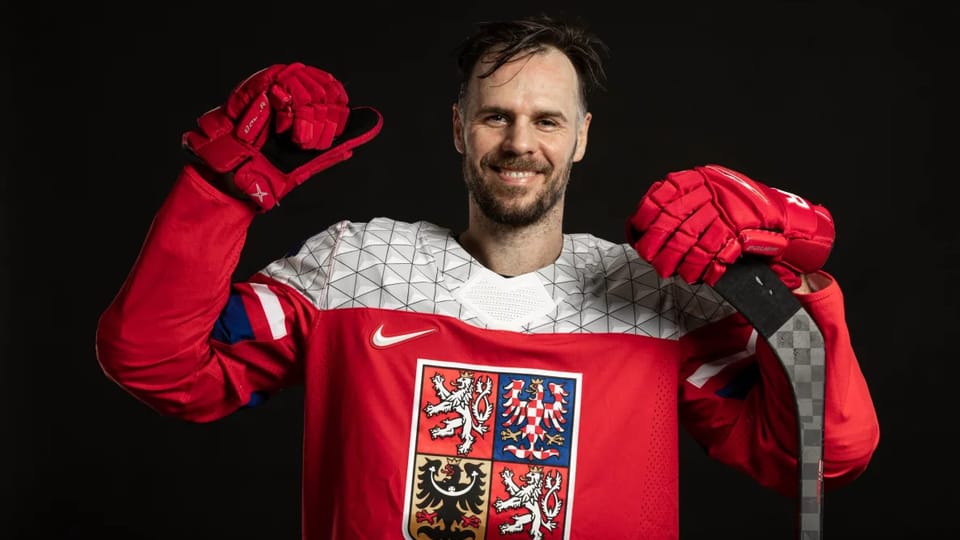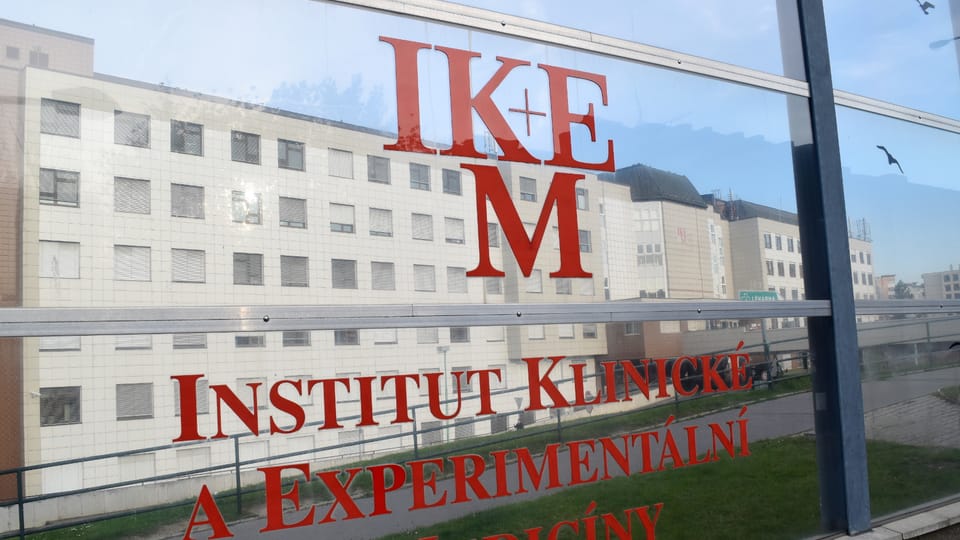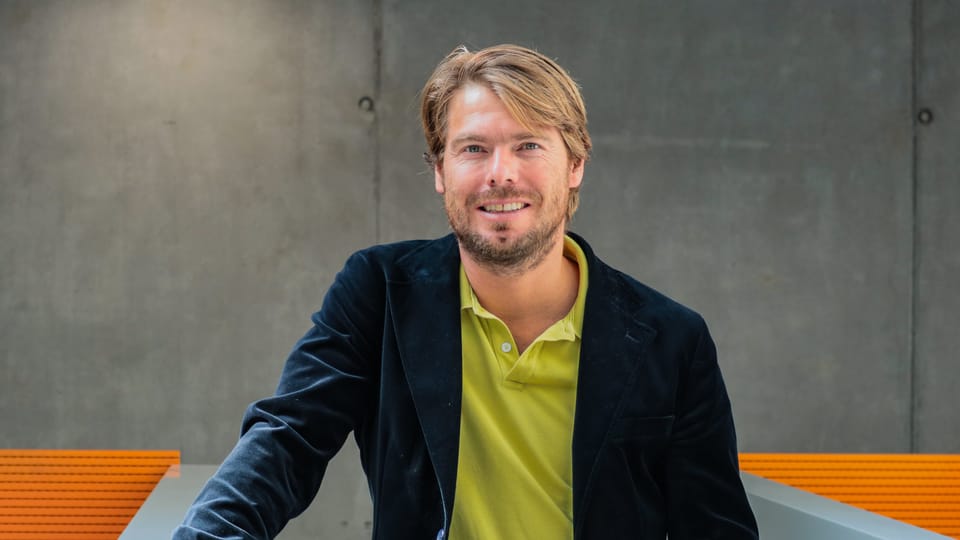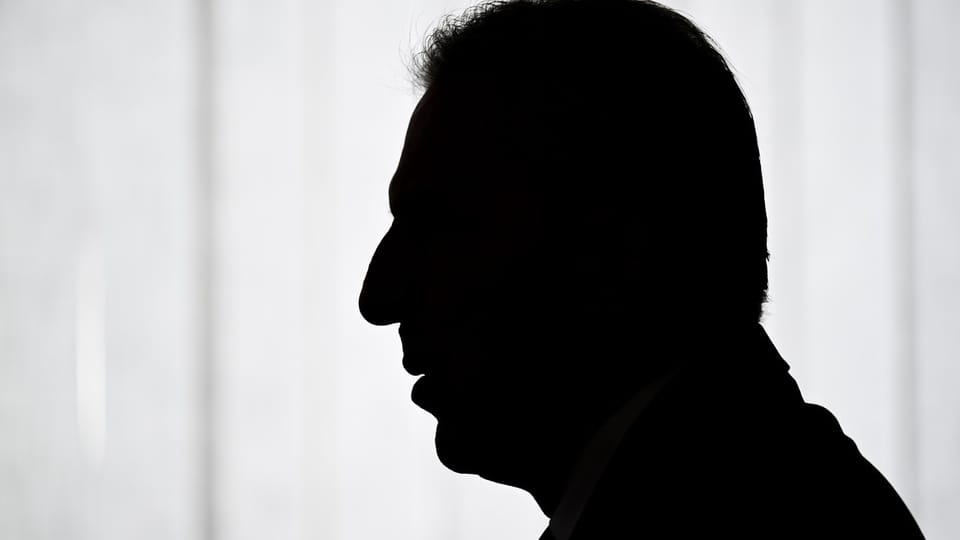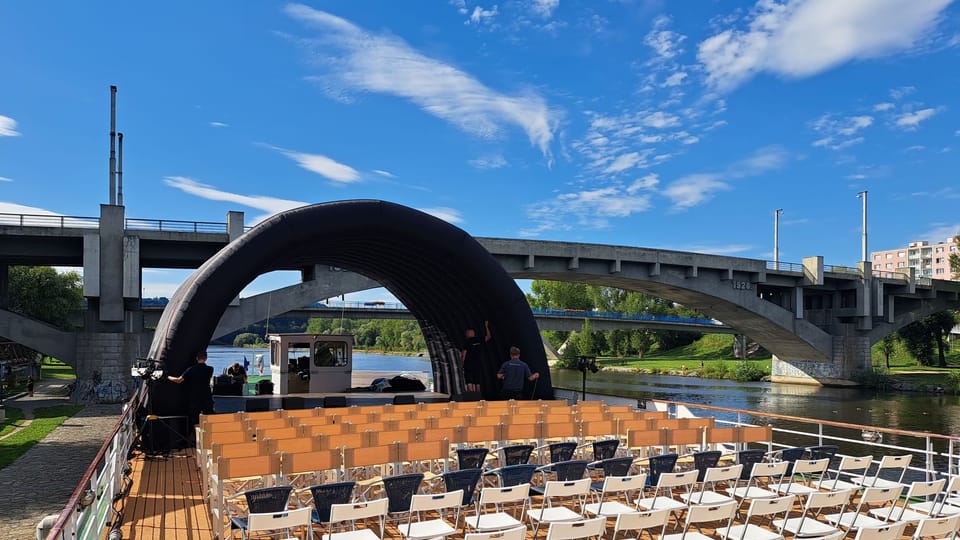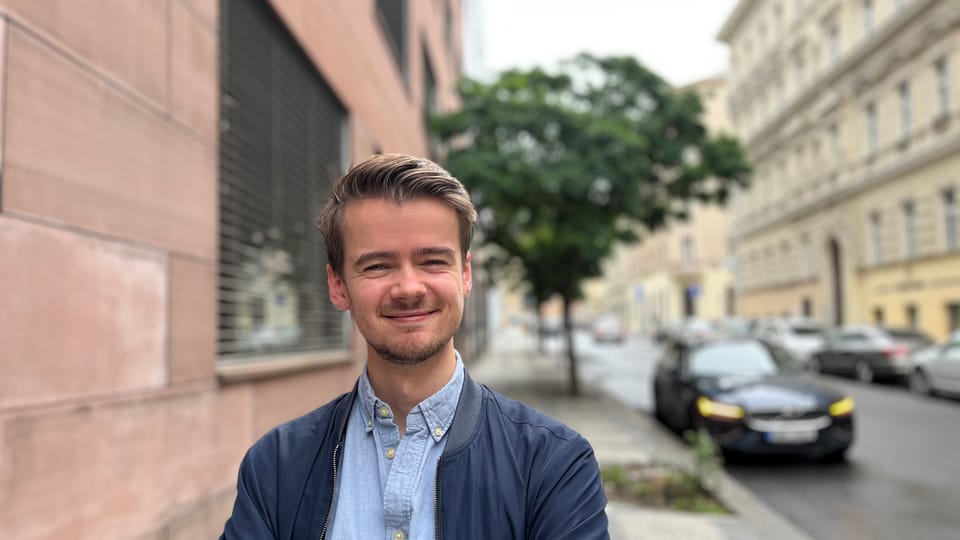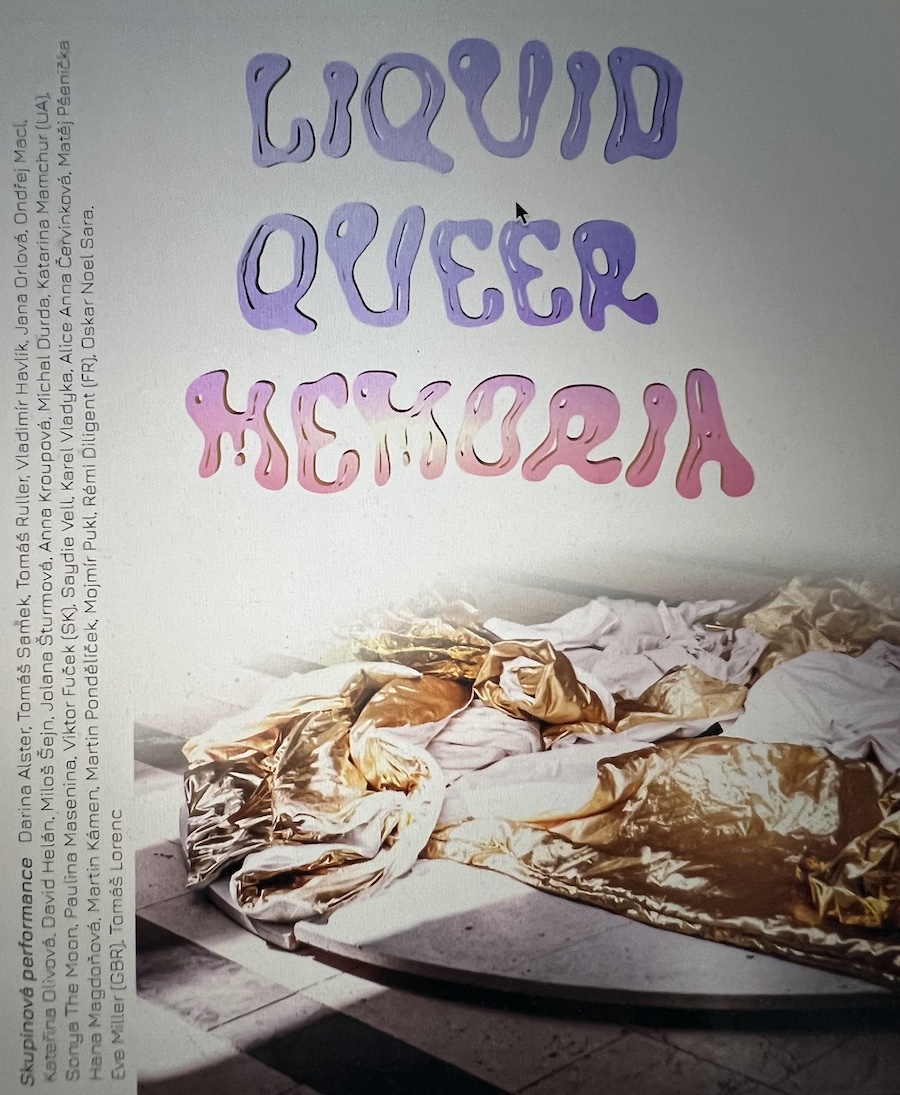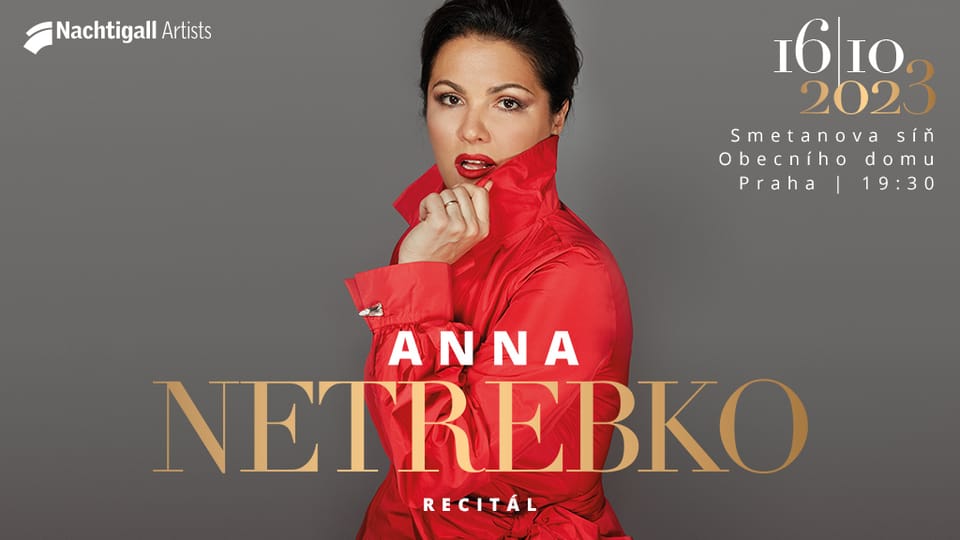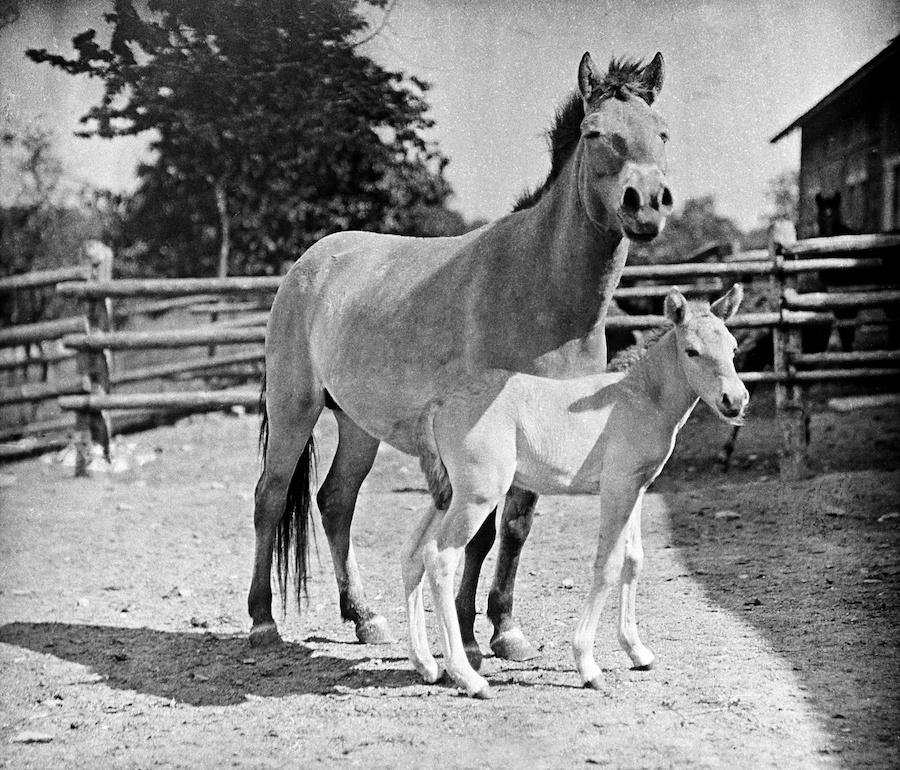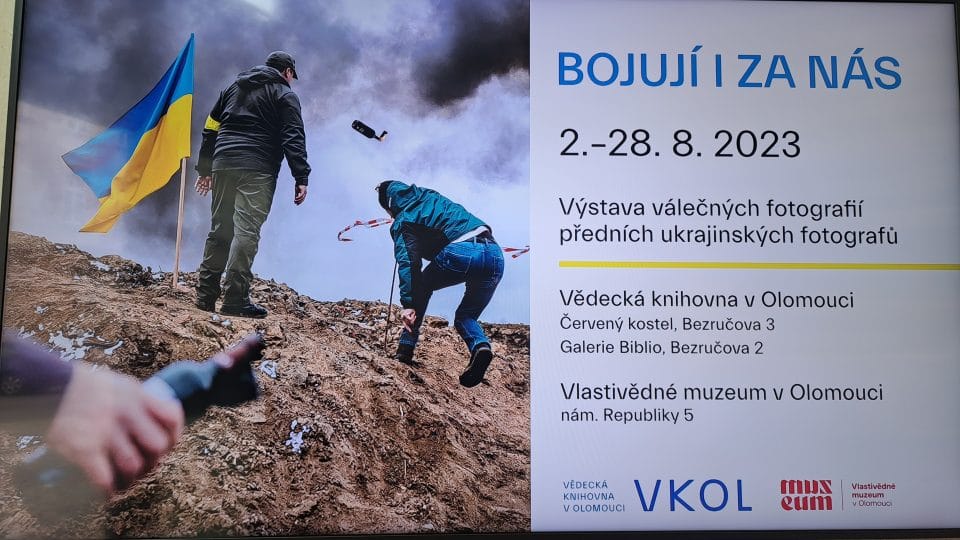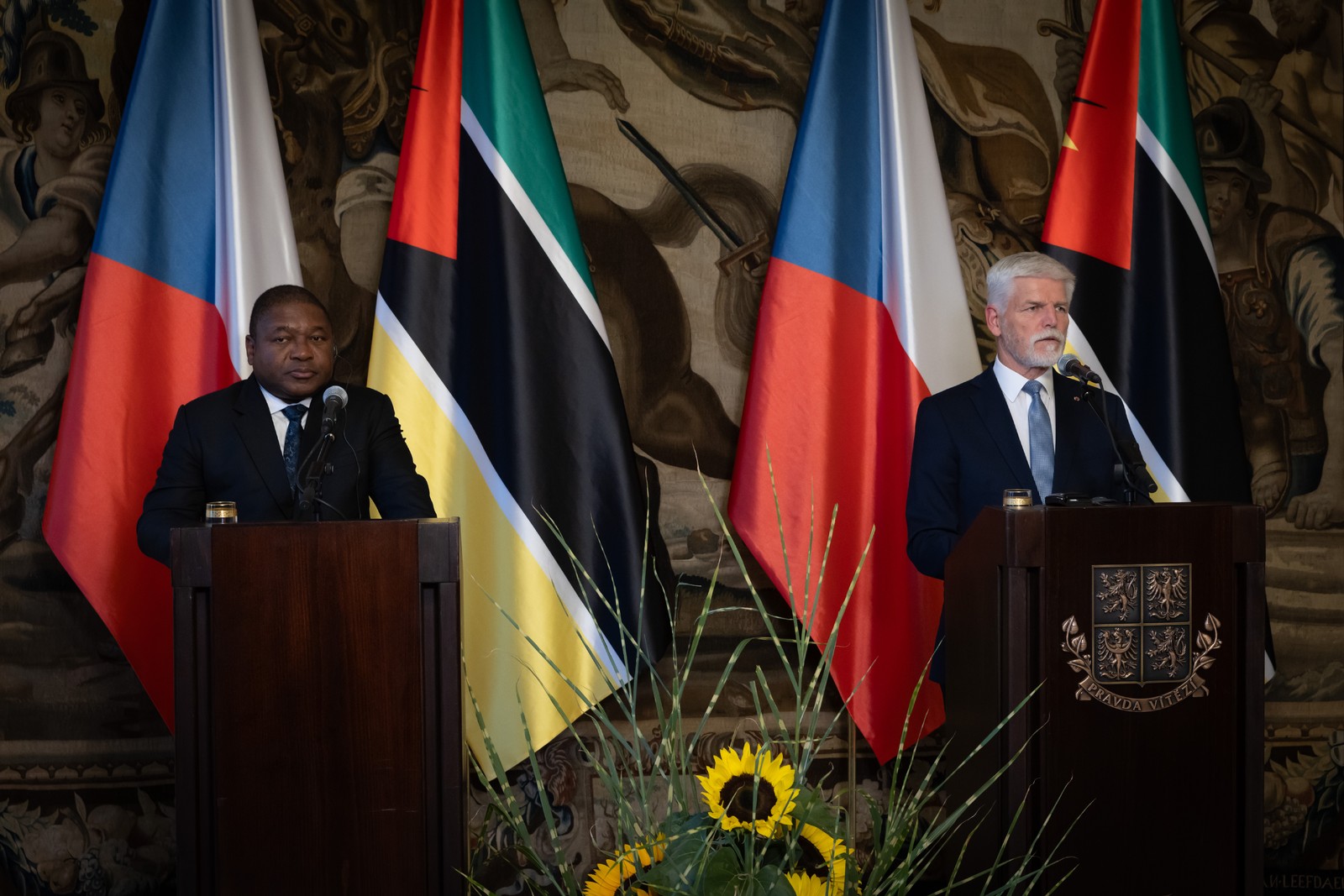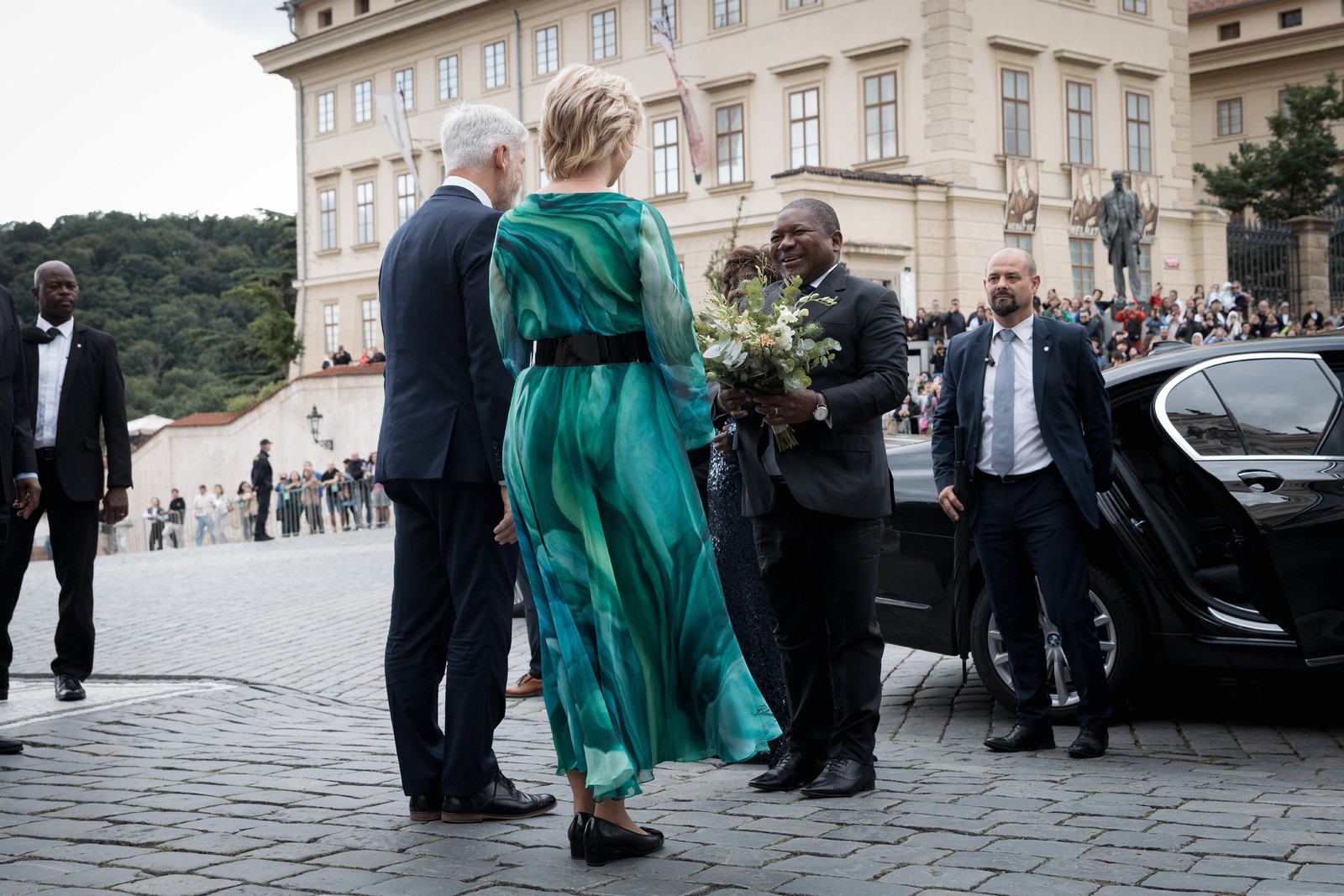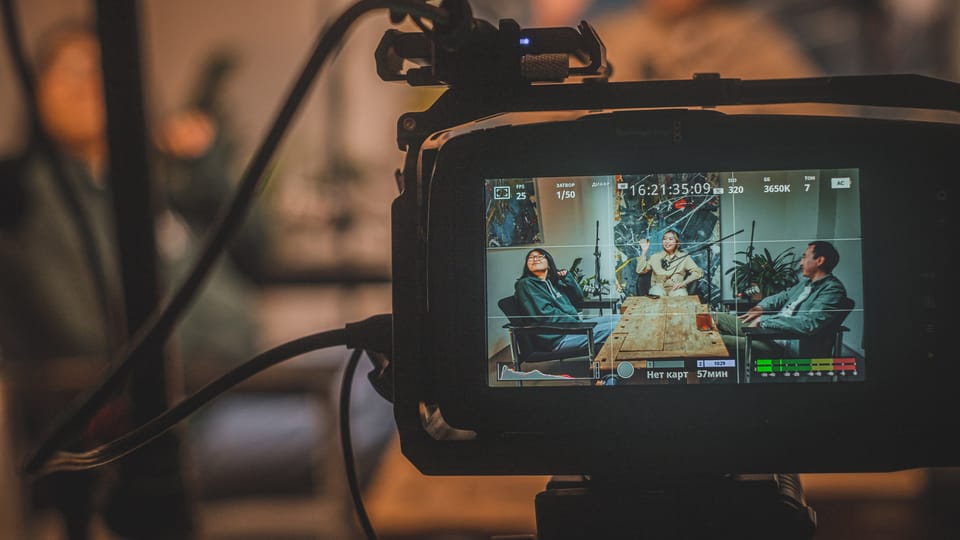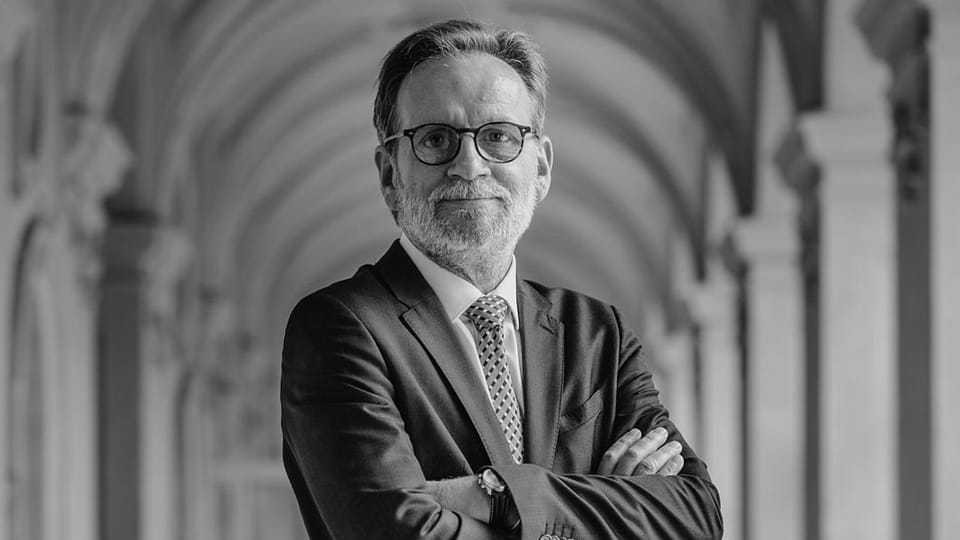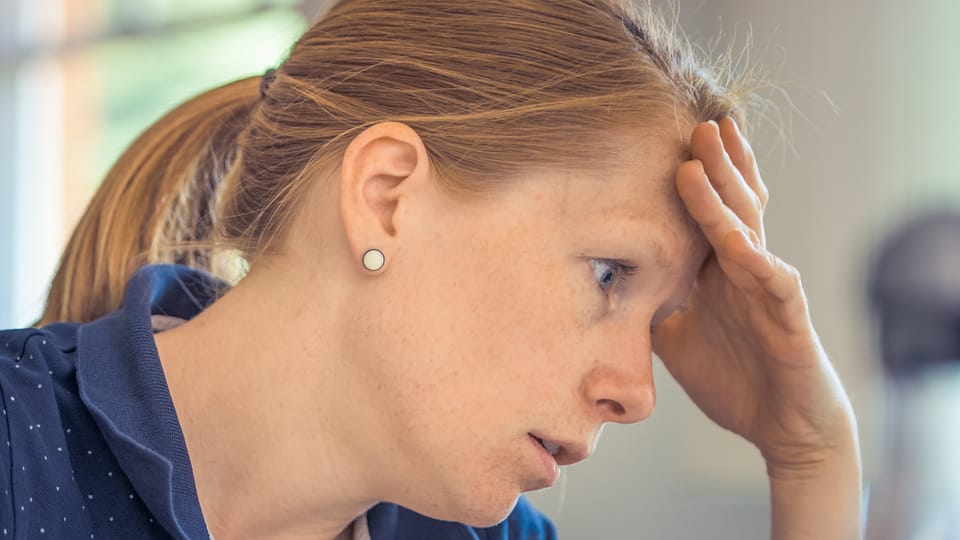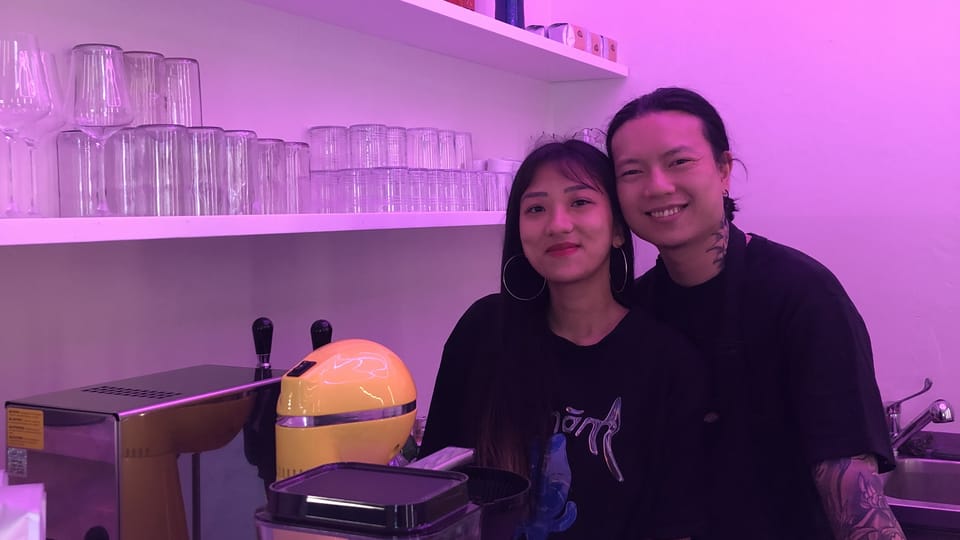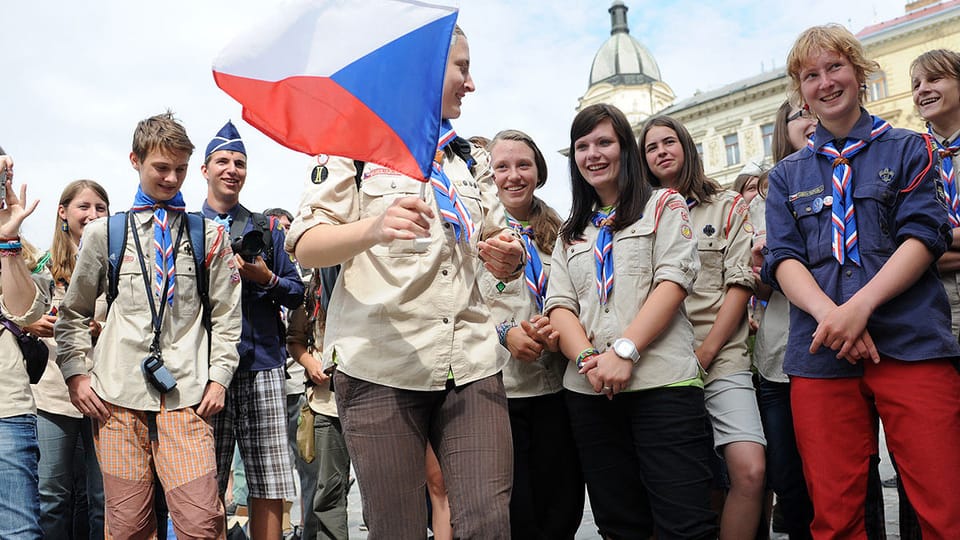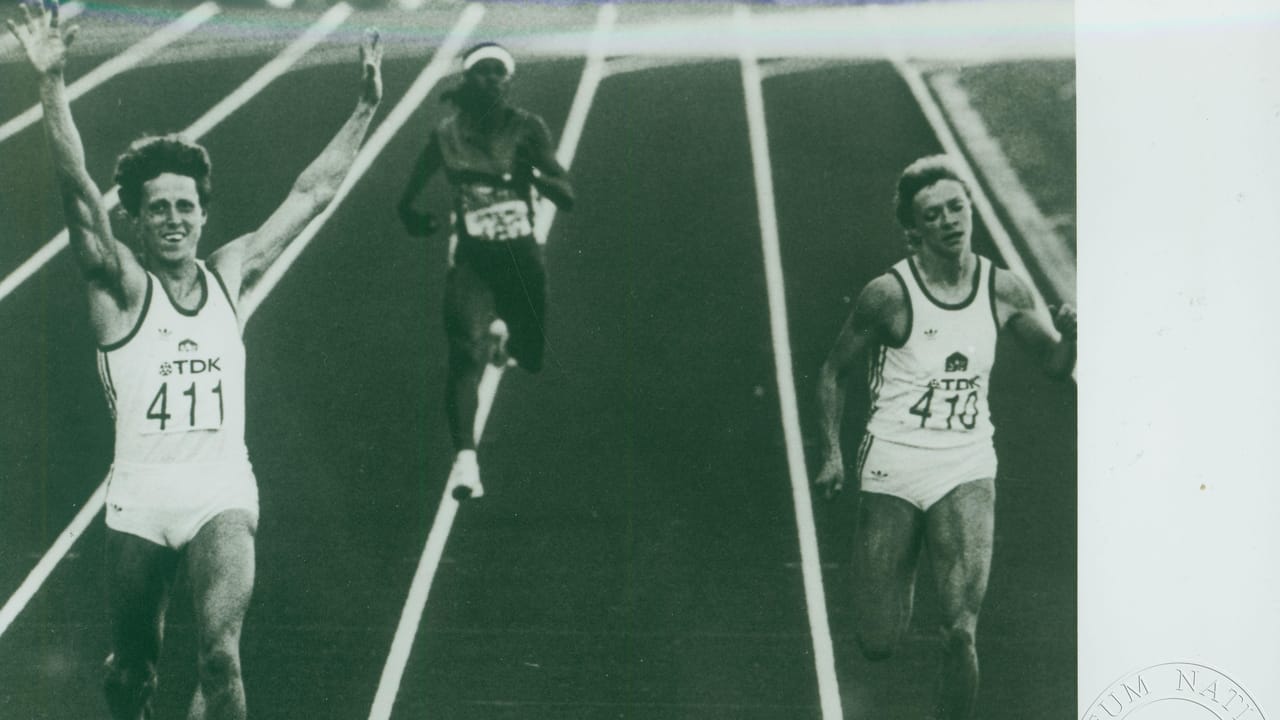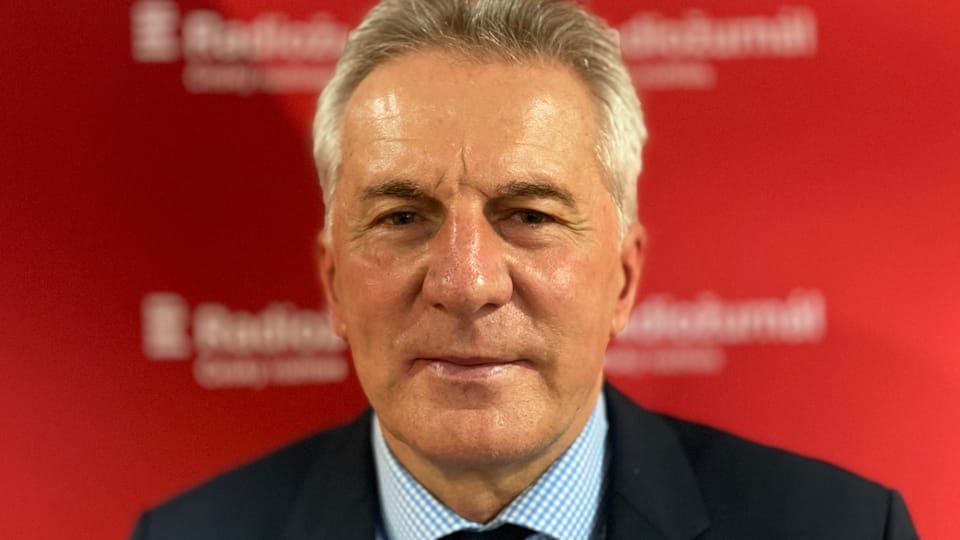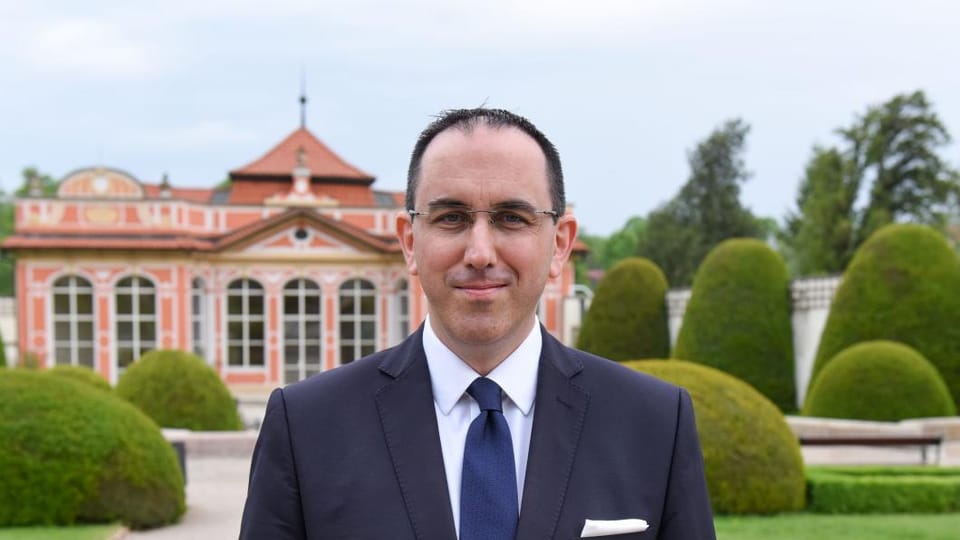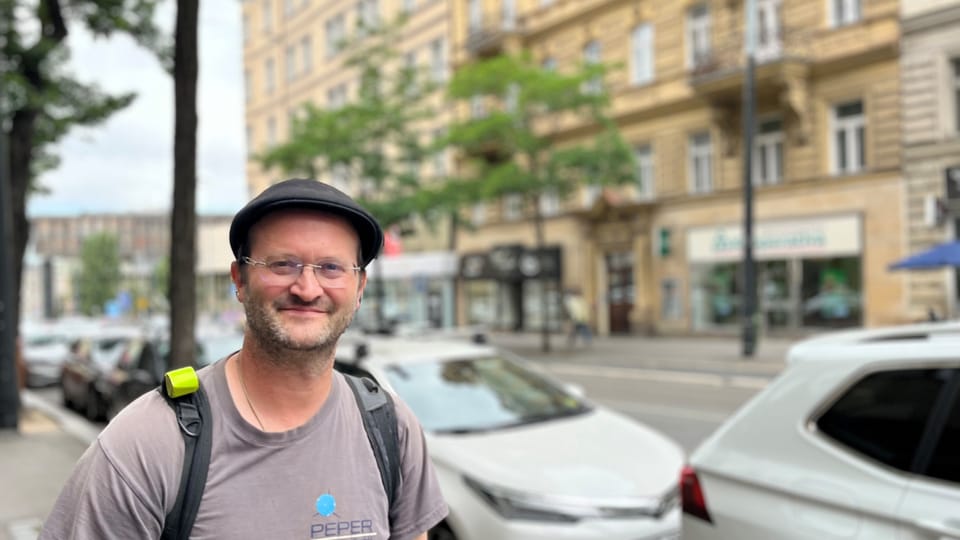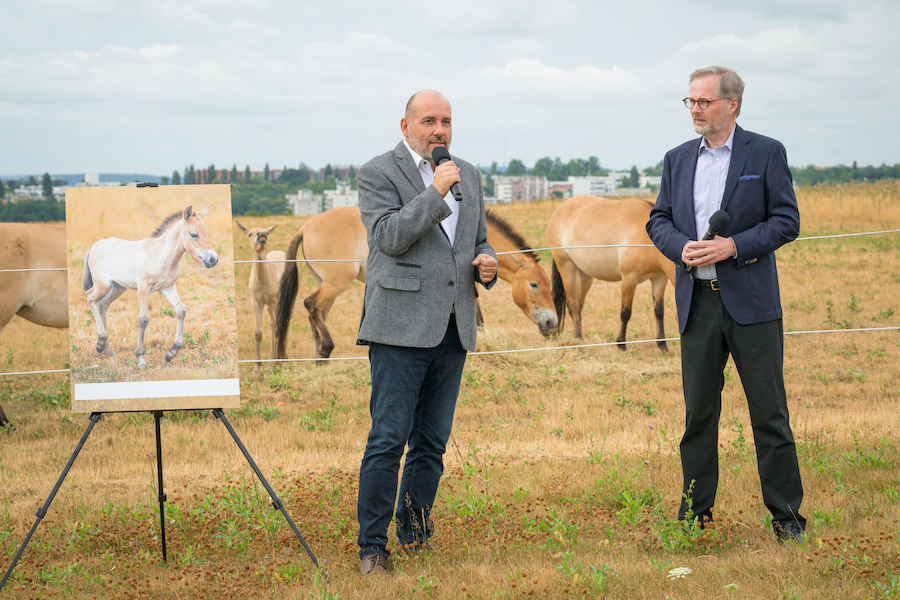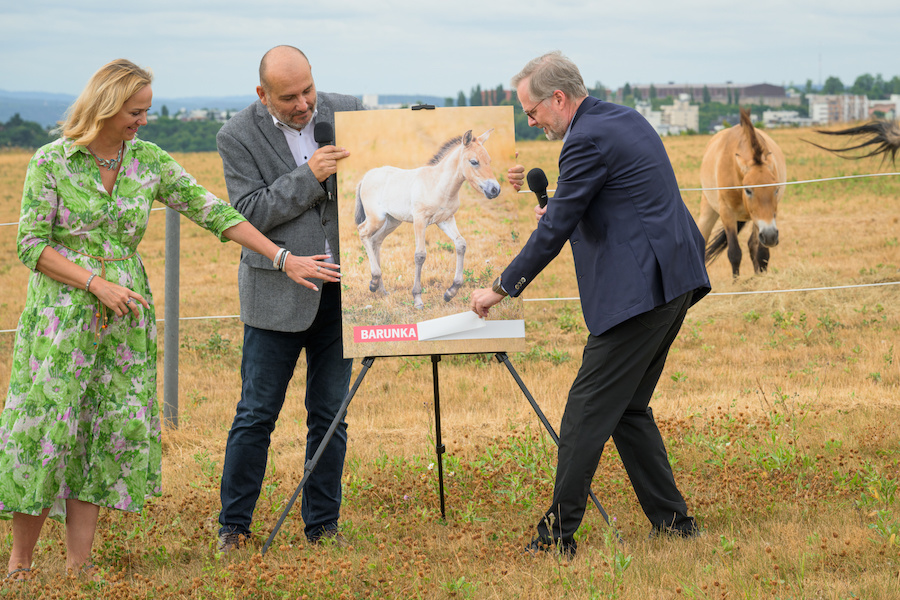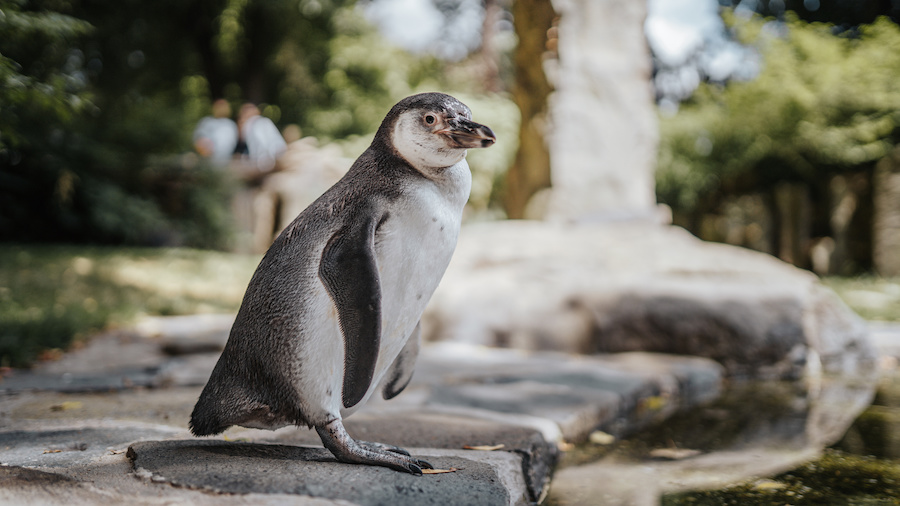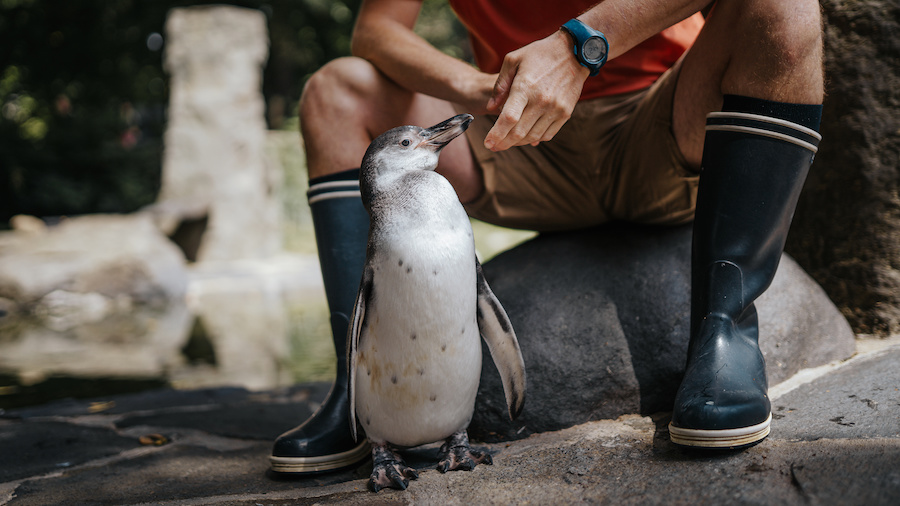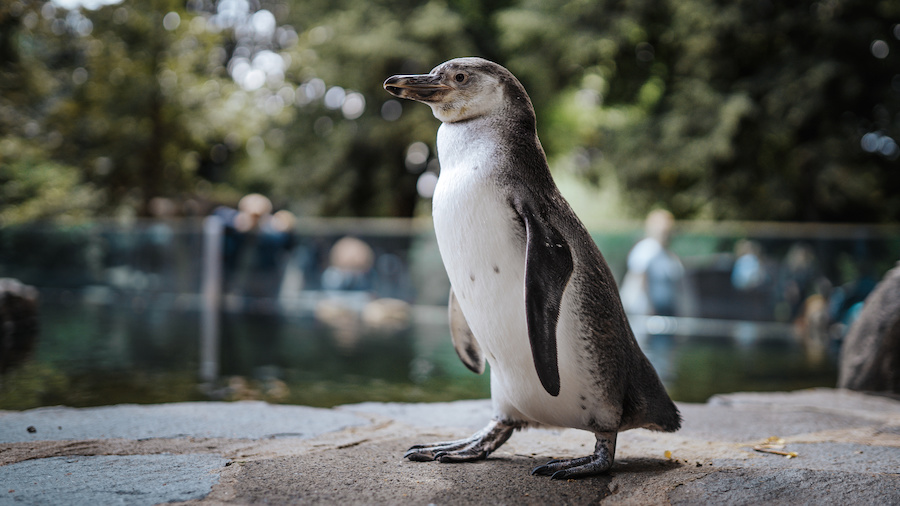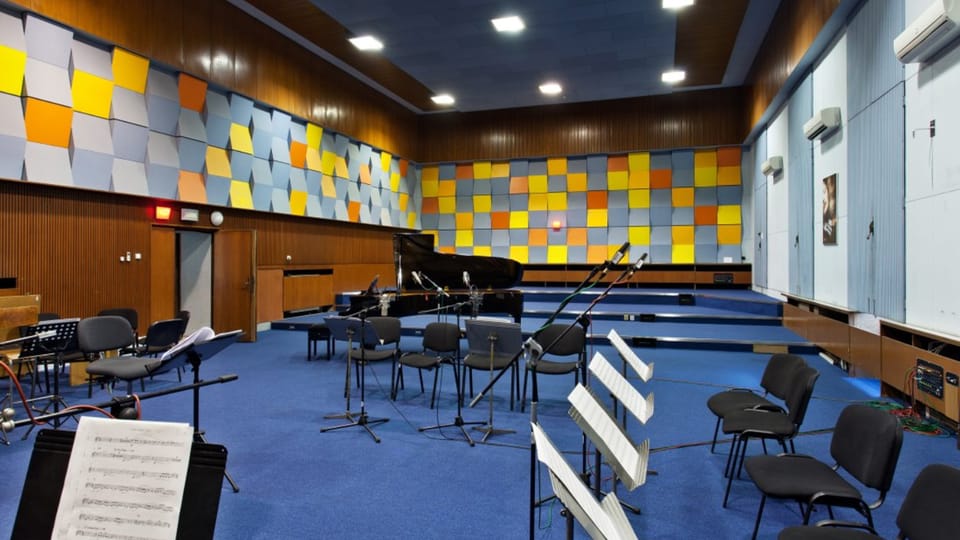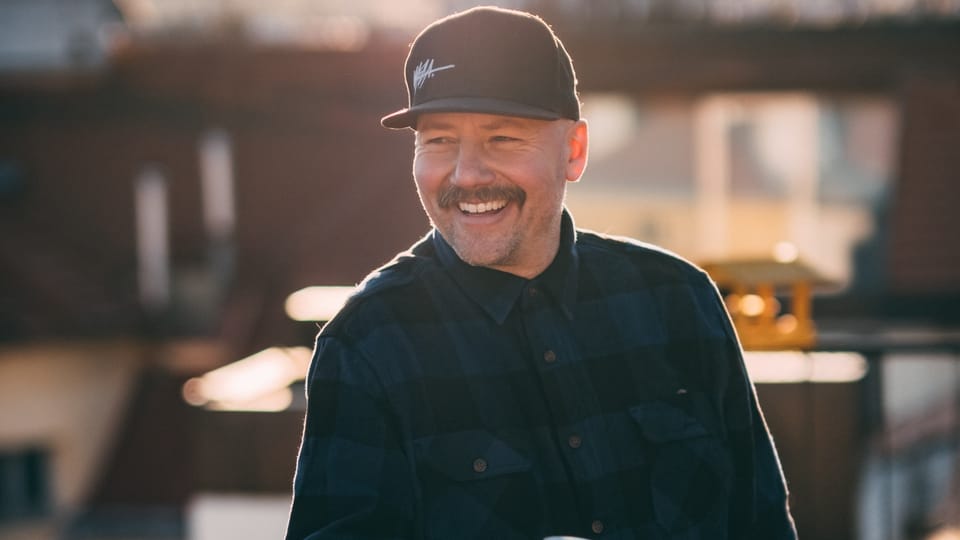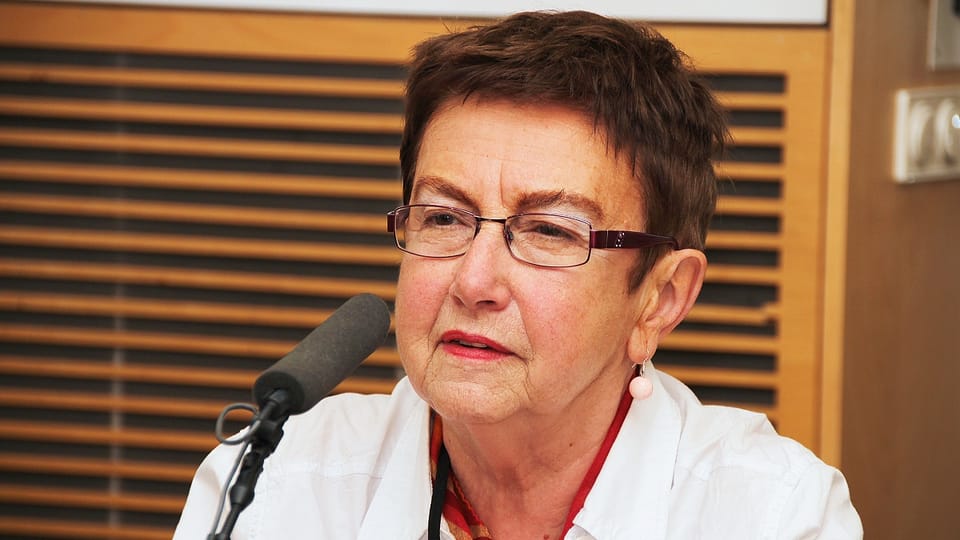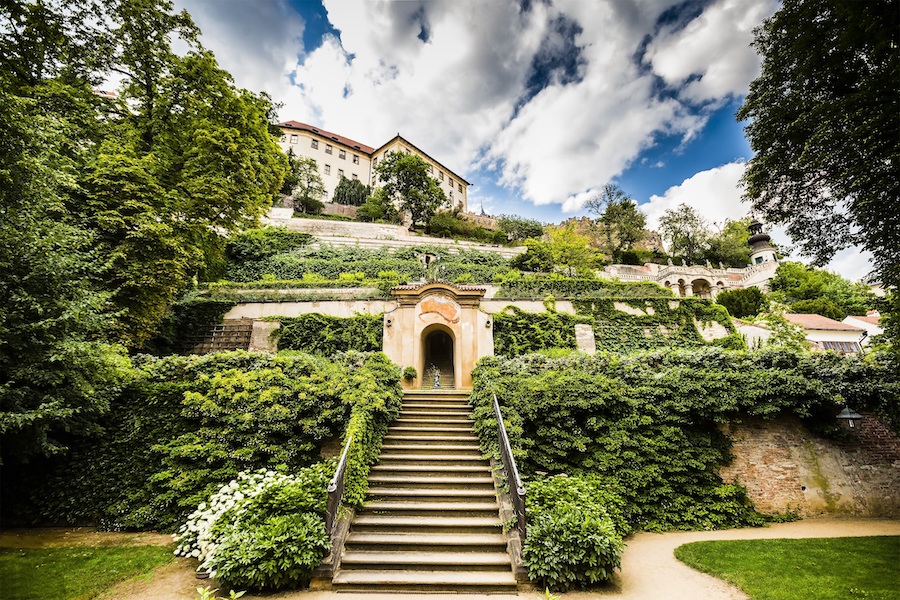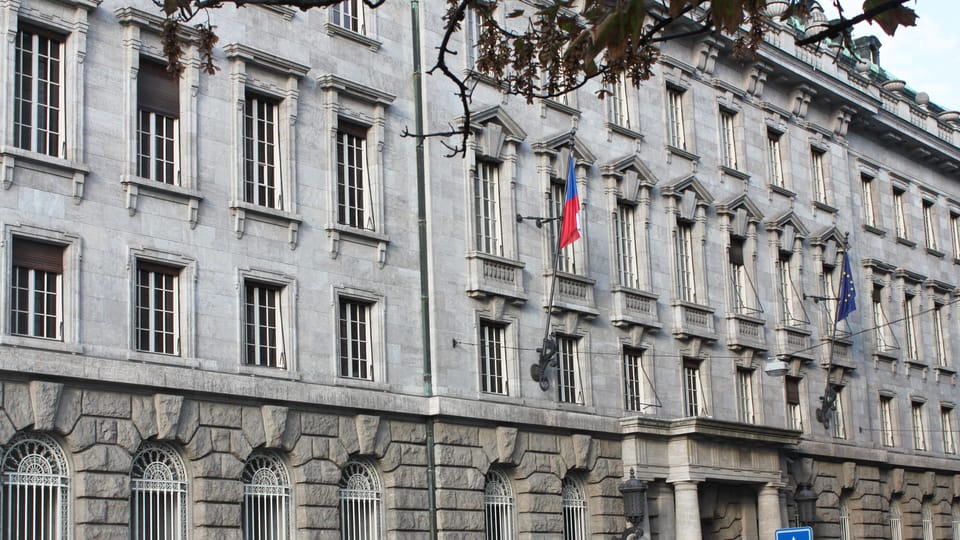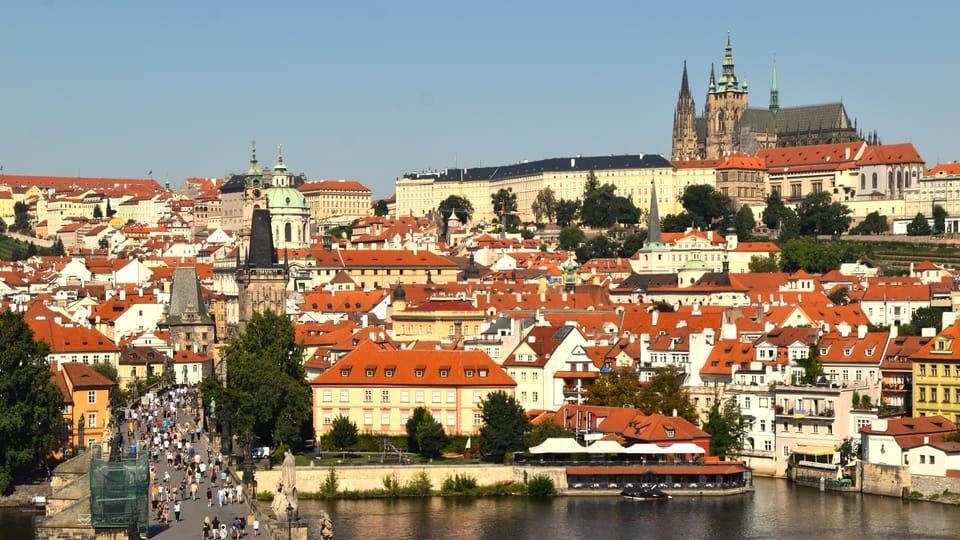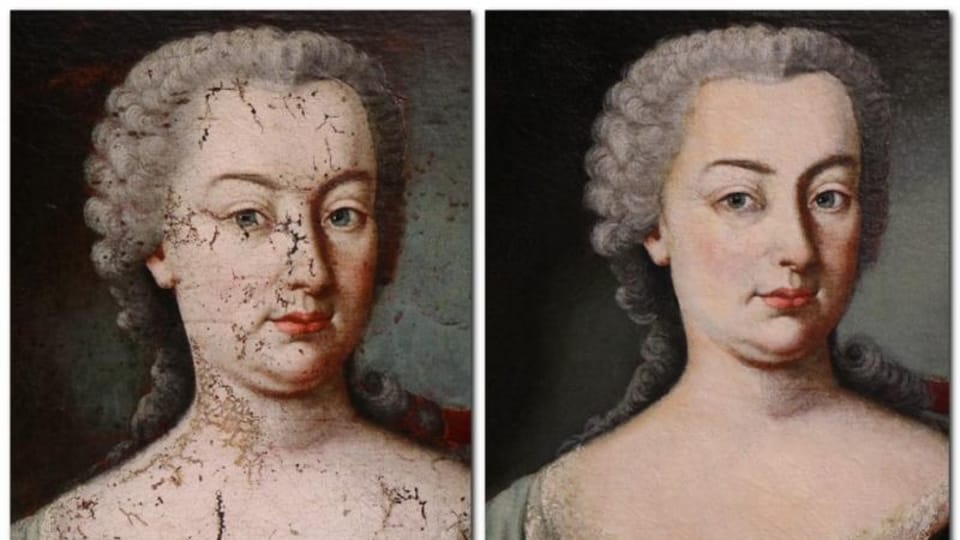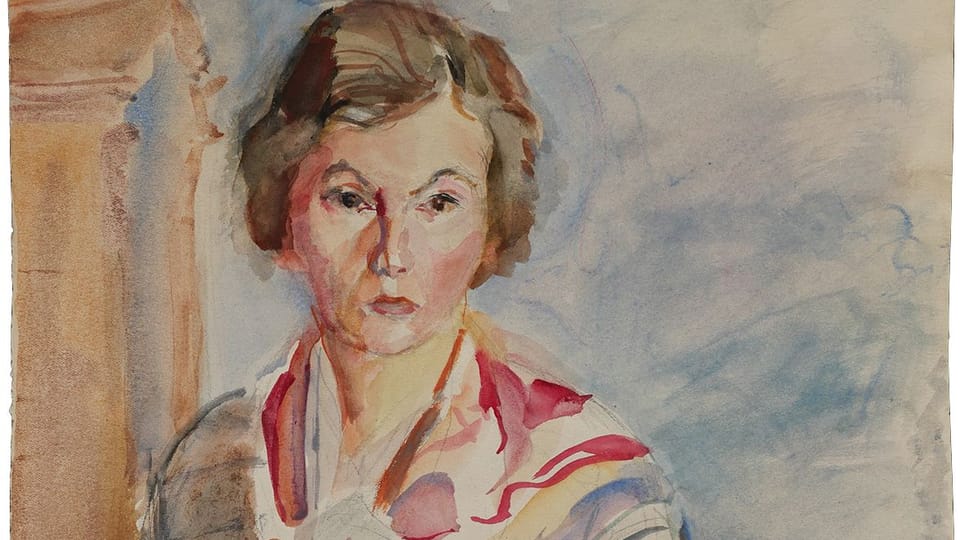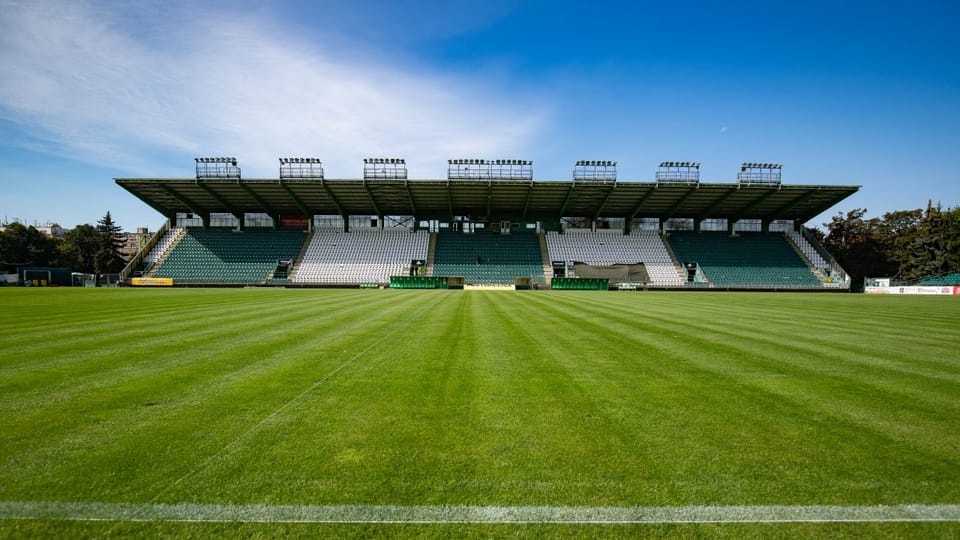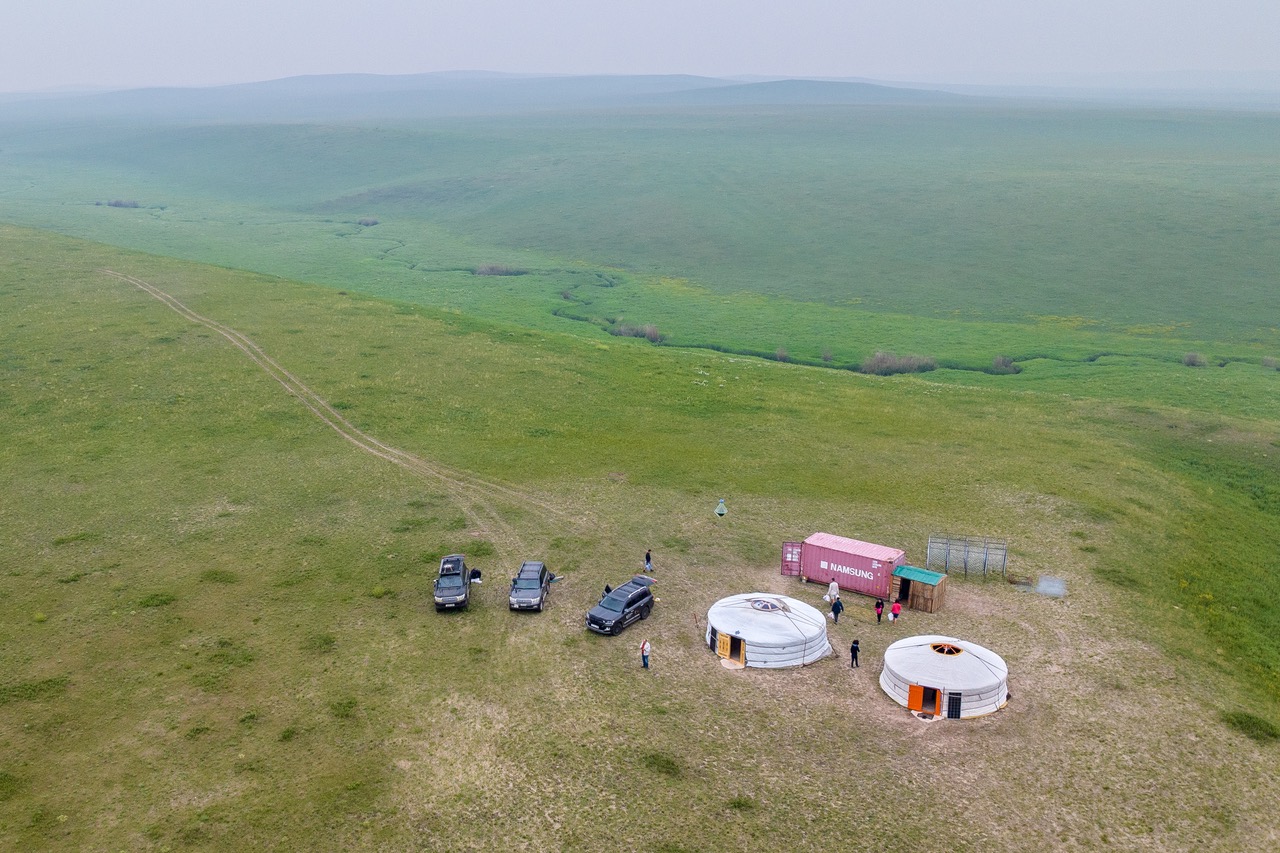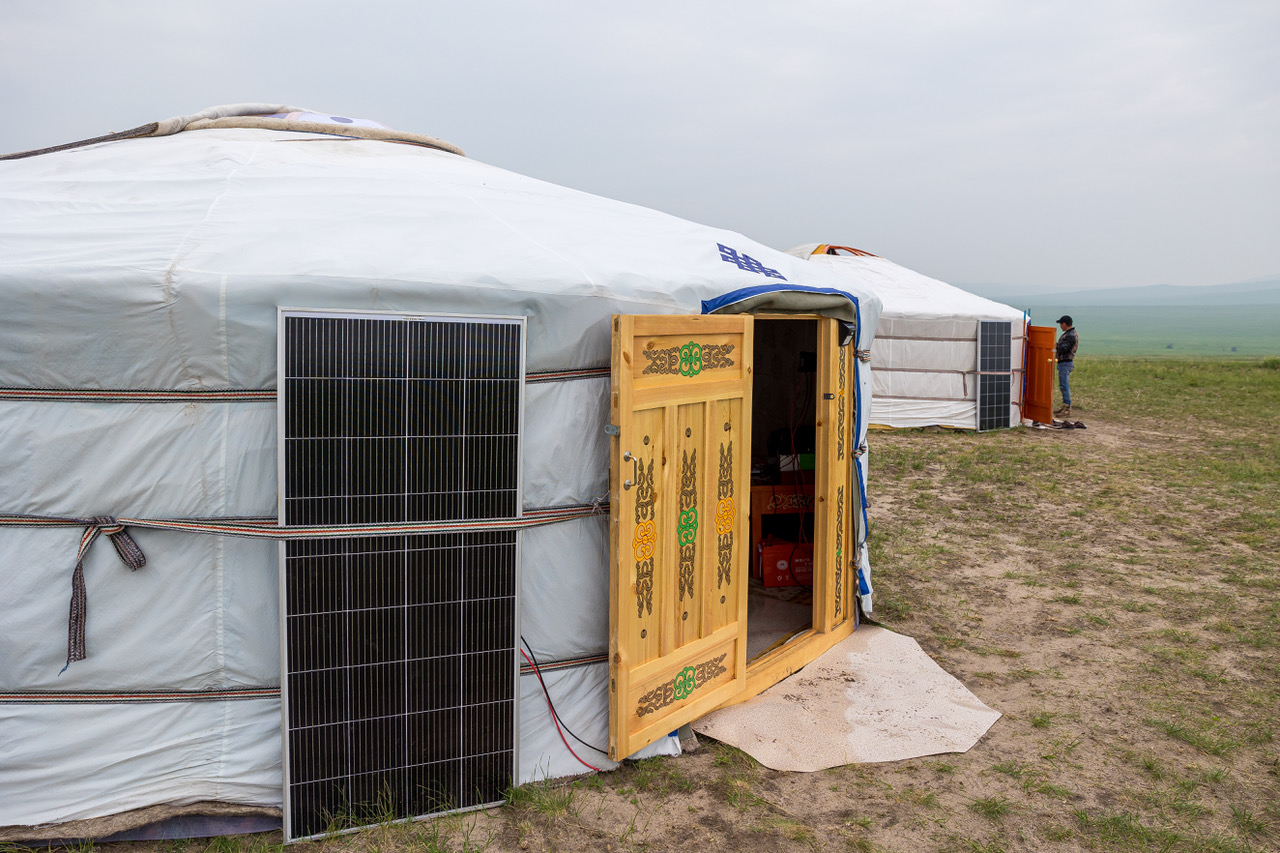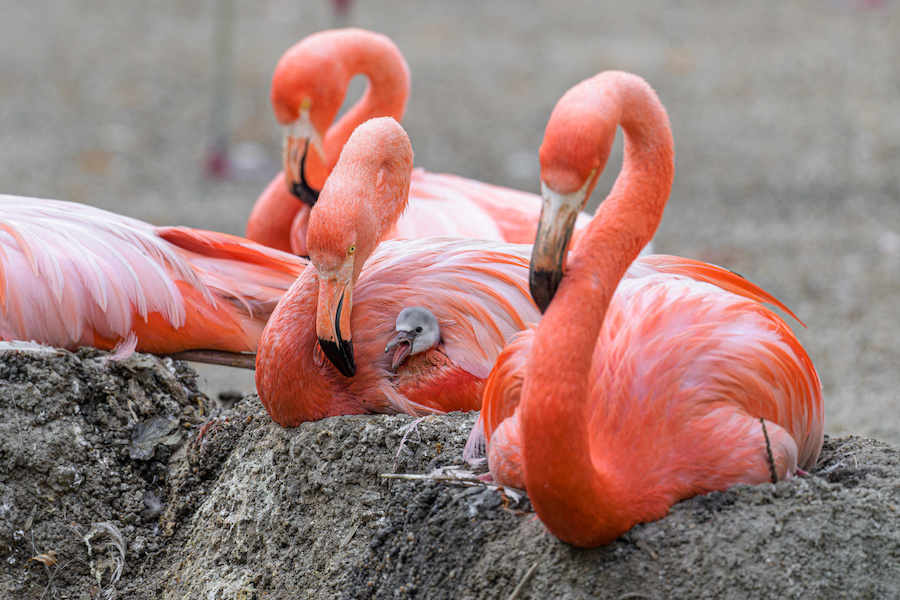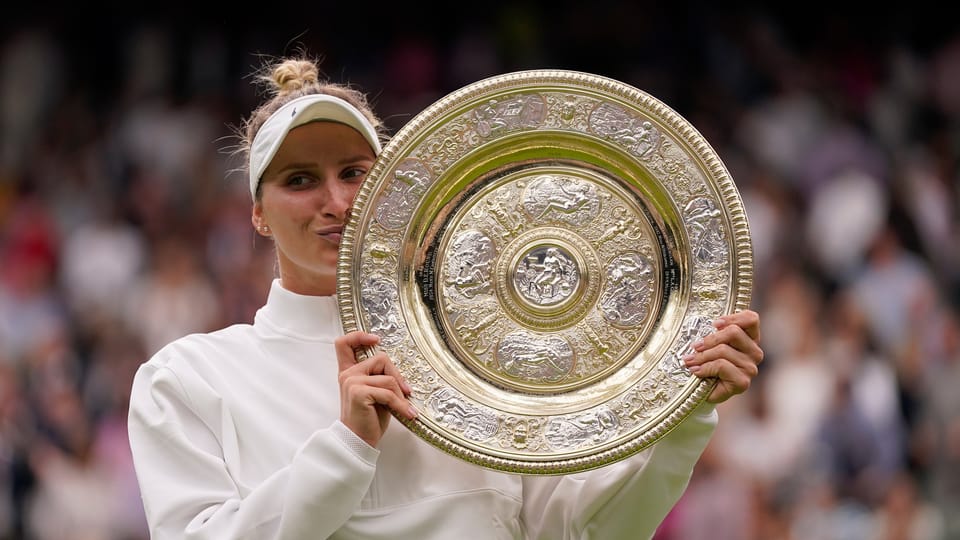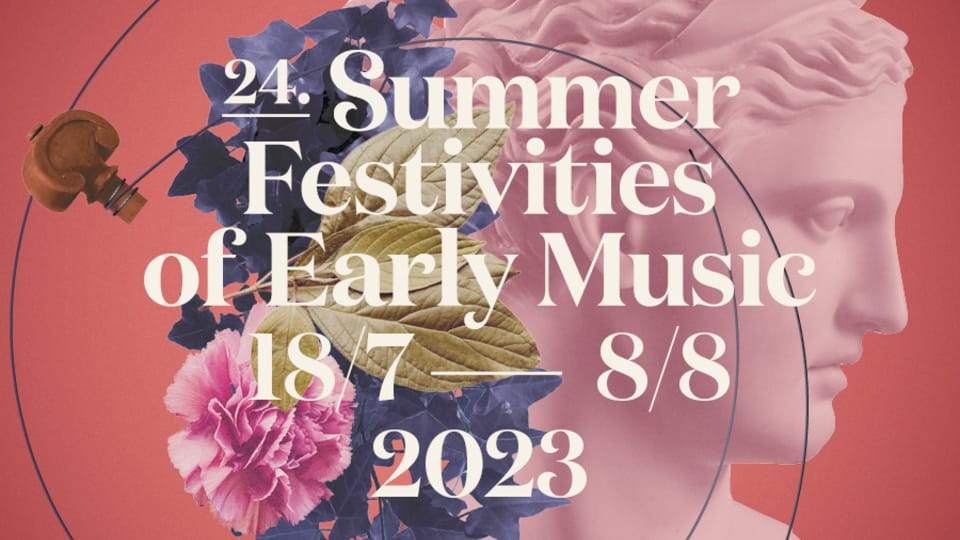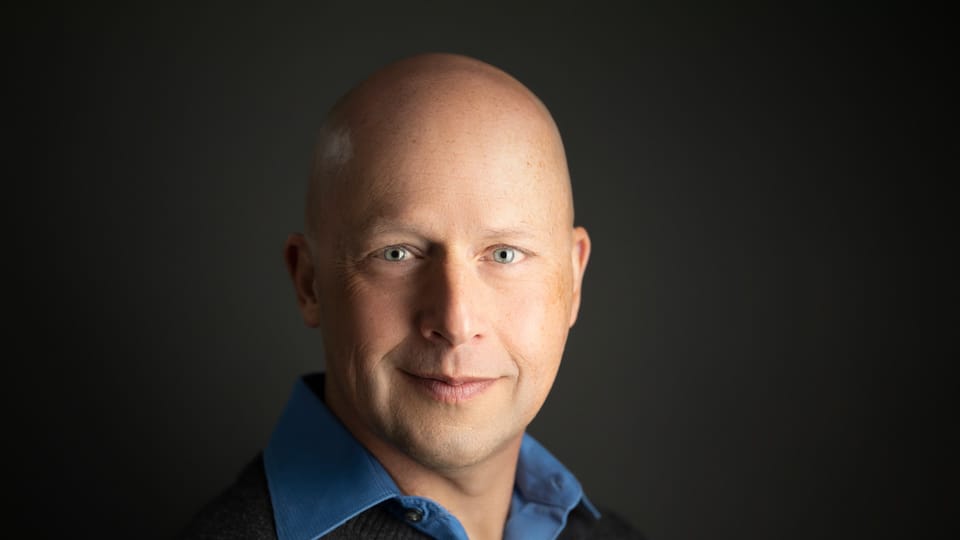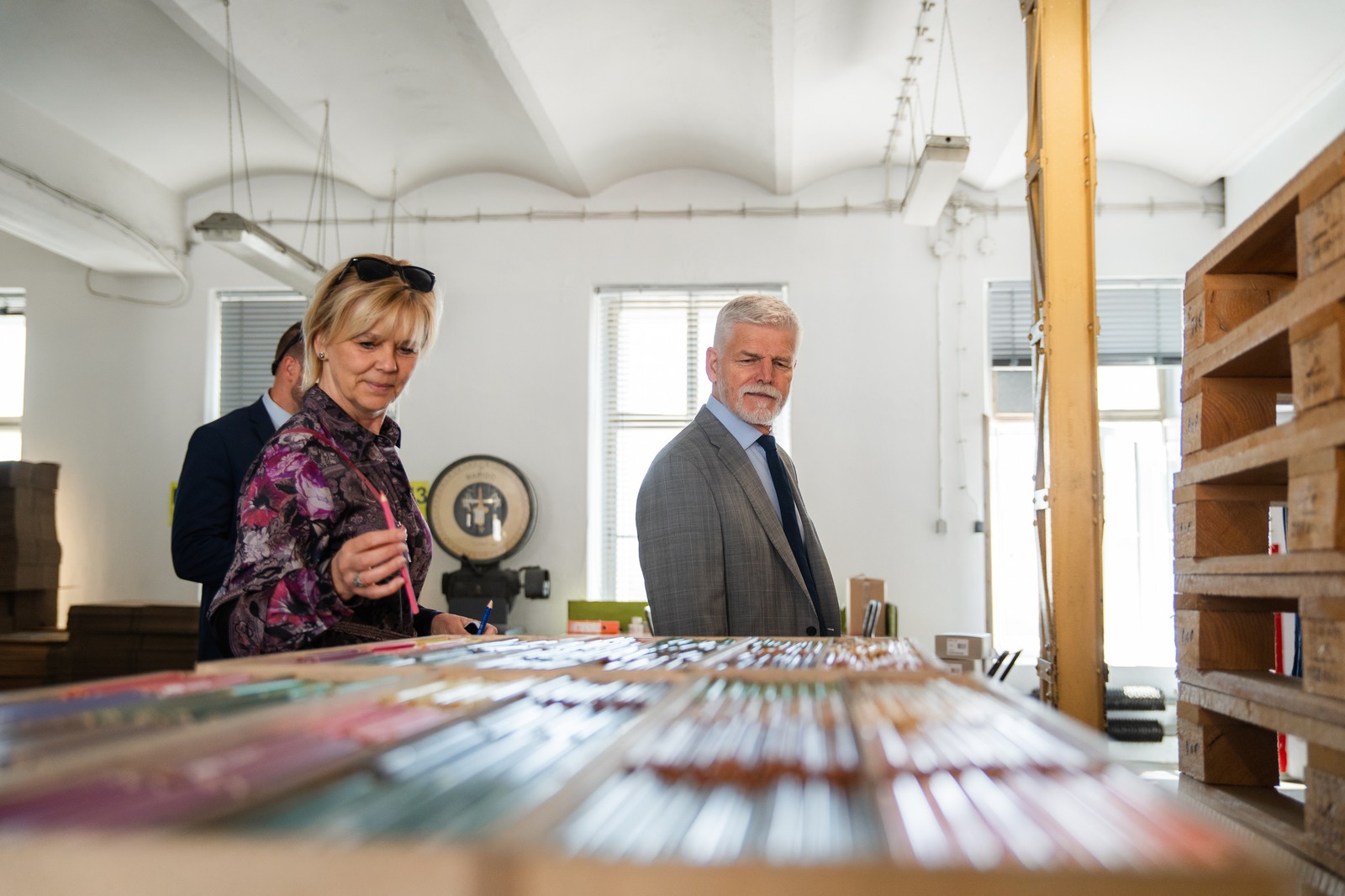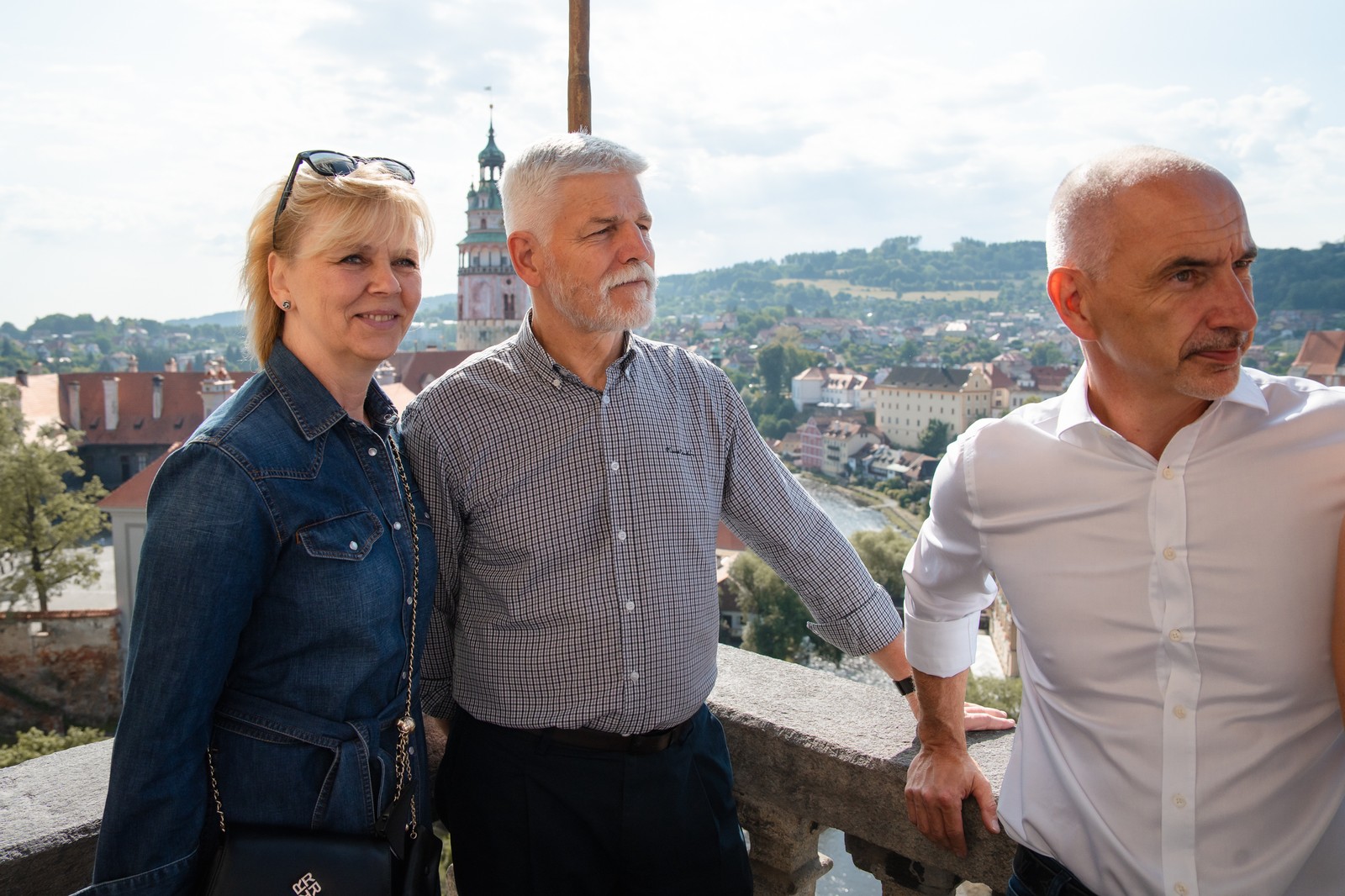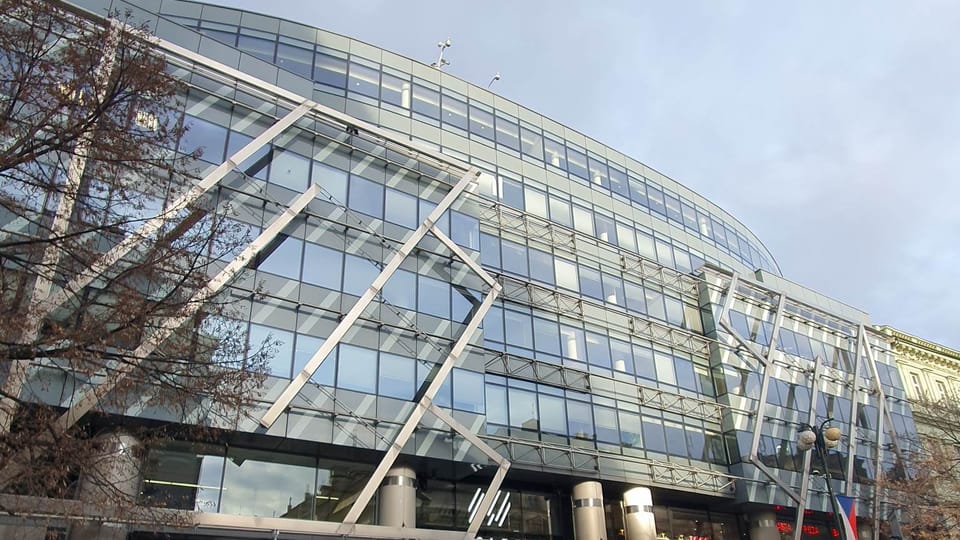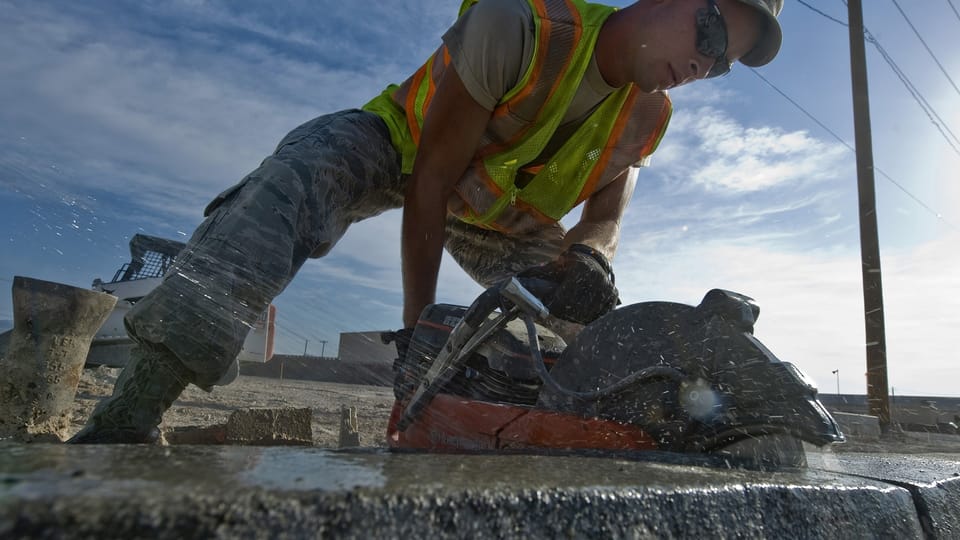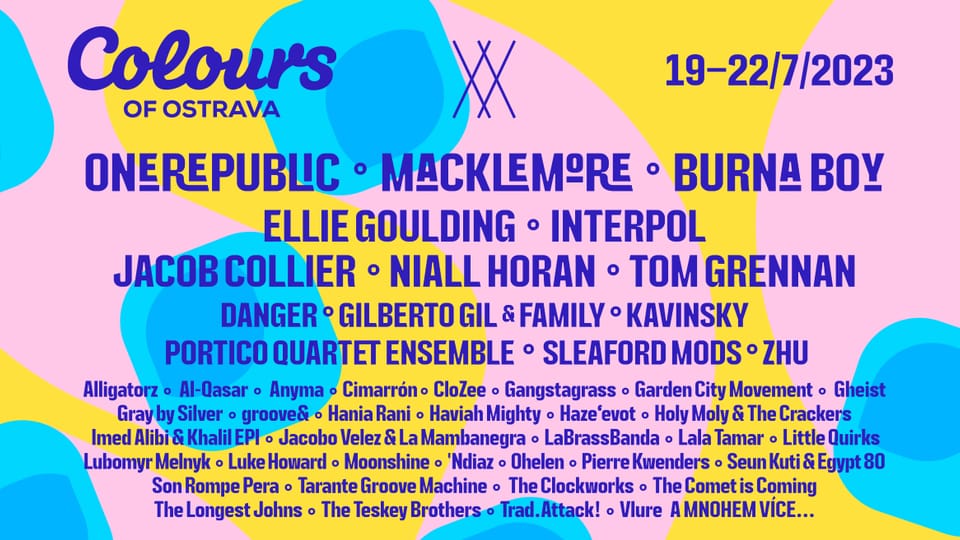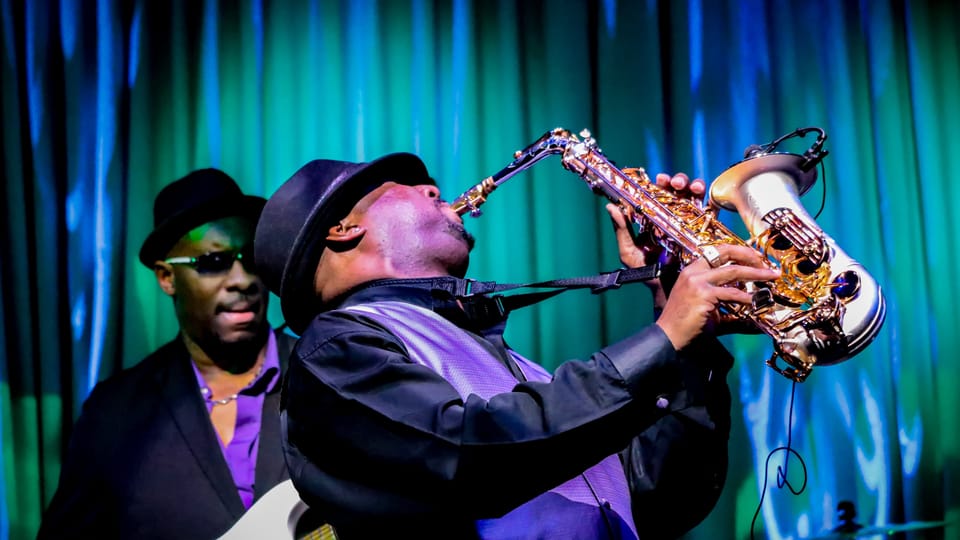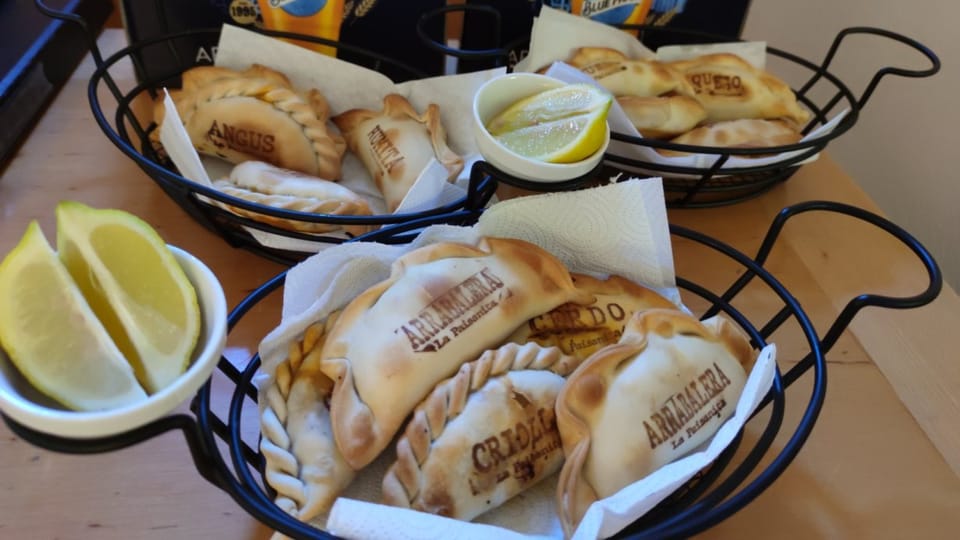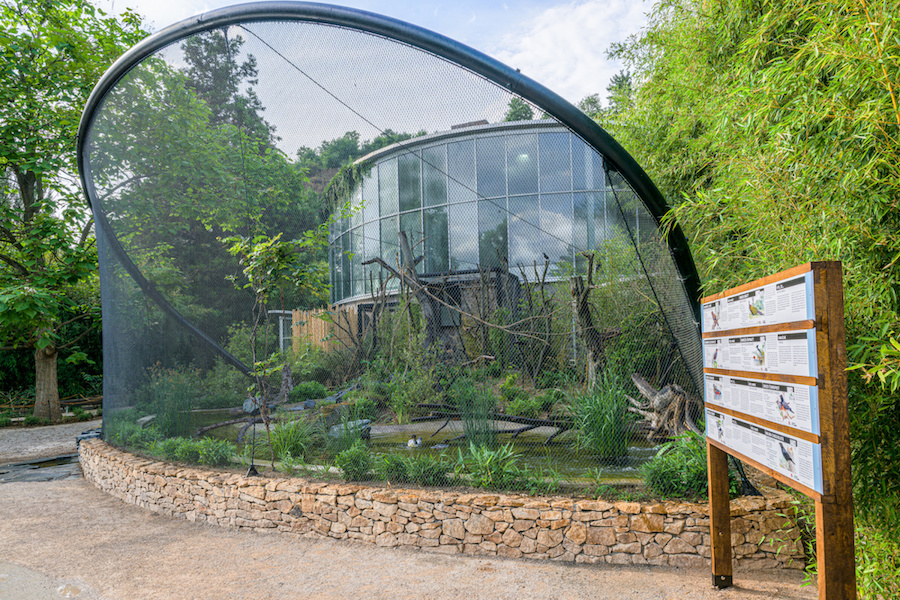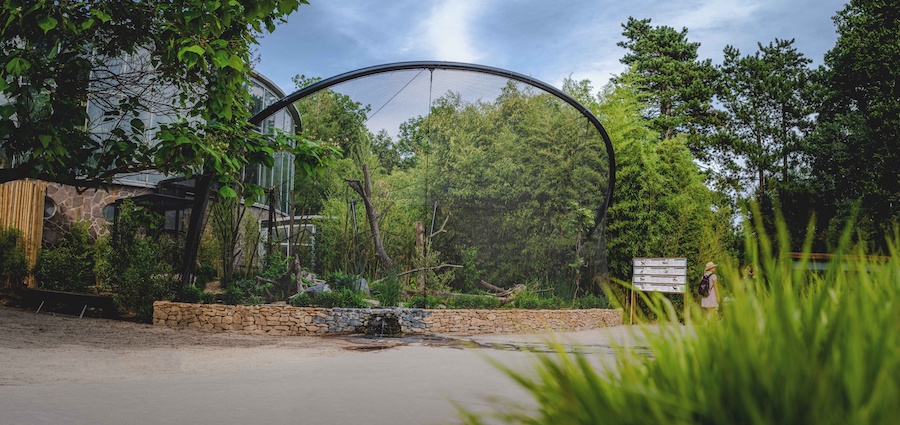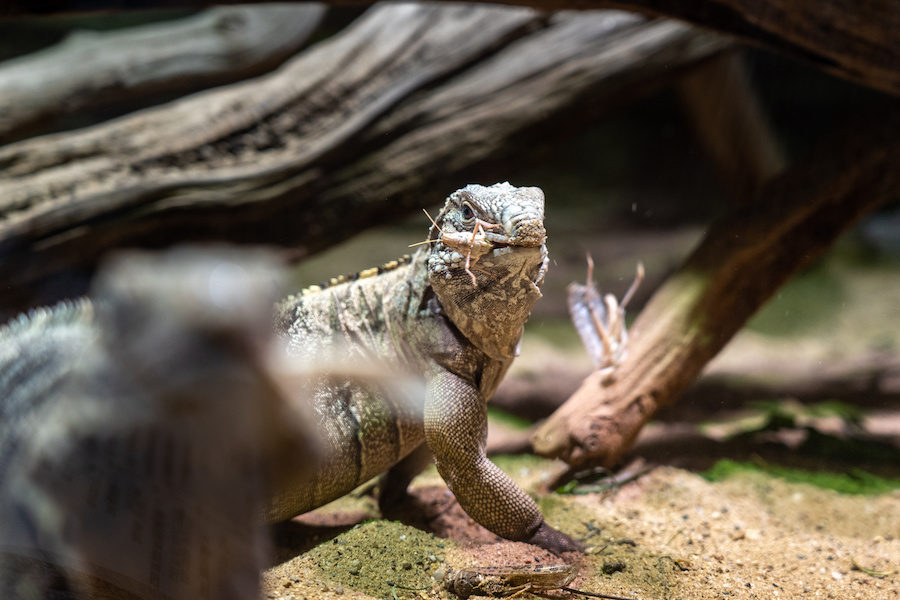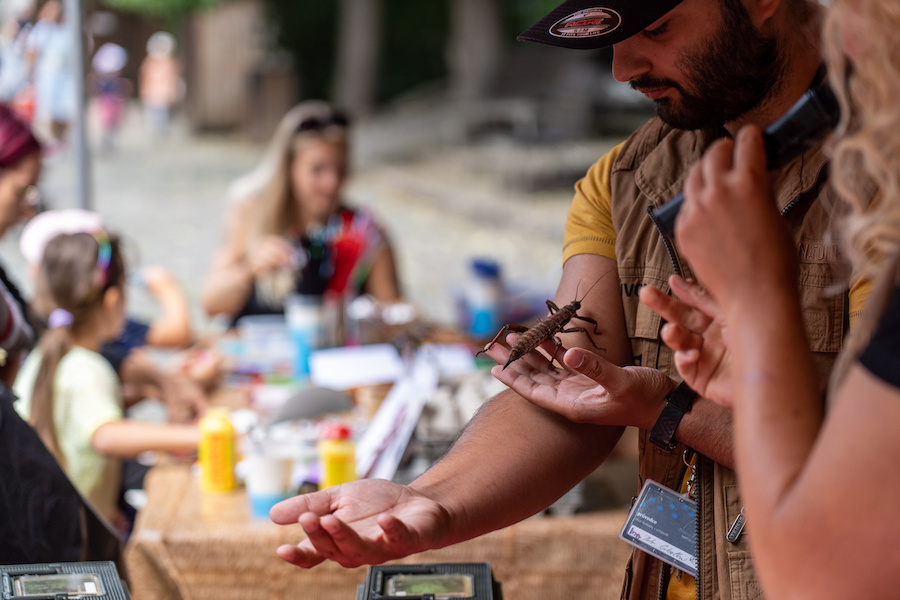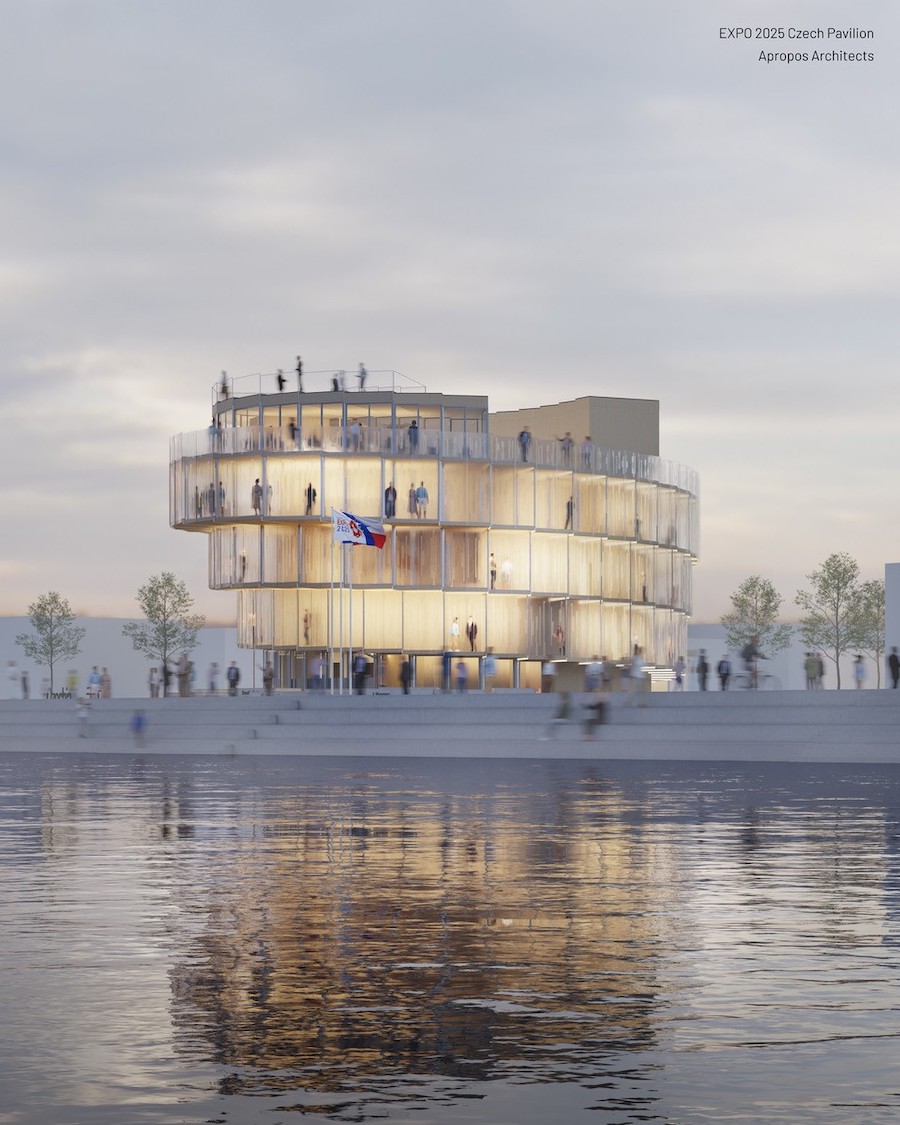
After several months of intensive preparations, on Monday 14 August Czechia submitted Basic Design Plan as necessary document before applying for Temporary Building Permit to the Osaka Authorities. This makes Czechia the second country, after South Korea, which has moved into this crucial phase of preparations. The Osaka Authorities have about 6 8 weeks to approve the documents.
“Based on a government decision from the end of June 2022, Czechia became the 125th country to sign up for participation in EXPO 2025. In October 2022, we signed the participation contract among the first nine countries and now we are the second to submit Basic Design Plan. This is an important milestone for obtaining a building permit,” says Ondřej Soška, Czech Commissioner General for EXPO 2025.
The process to obtain a building permit in Japan involves several stages, including the submission of a basic plan to the Japan Association for the 2025 World Exposition, the organizer of EXPO 2025. The Czech representatives did this in early June 2023. Then on Monday 14 August 2023, they submitted the crucial Basic Design Plan which is a start of Application for Temporary Building Permit process – this is the longest stage, with the local building authority (Osaka Authorities) assessing in detail many aspects of each national project. This permit takes 6-8 weeks to be issued. During this time, the architects and designers from Apropos Architects, in collaboration with Tereza Šváchová, Nicola Slováková and the Japanese studio Kino Architects, will be completing the documentation so that Czechia can submit the final documentation to the Japanese authorities for the building permit during the autumn. This should then be issued within about 2 weeks.
“Our entire team is working very hard to prepare our pavilion on time and in the way we set out at the beginning of the project. We are aware of the rising prices of materials and labor in Japan, which, like Czechia, is struggling with inflation. However, we are doing our best to show the world a unique national pavilion, which is already attracting a significant amount of attention far beyond the Czech borders. We expect it to be one of the most interesting and distinctive pavilions of the entire expo,” says Commissioner General Soška.
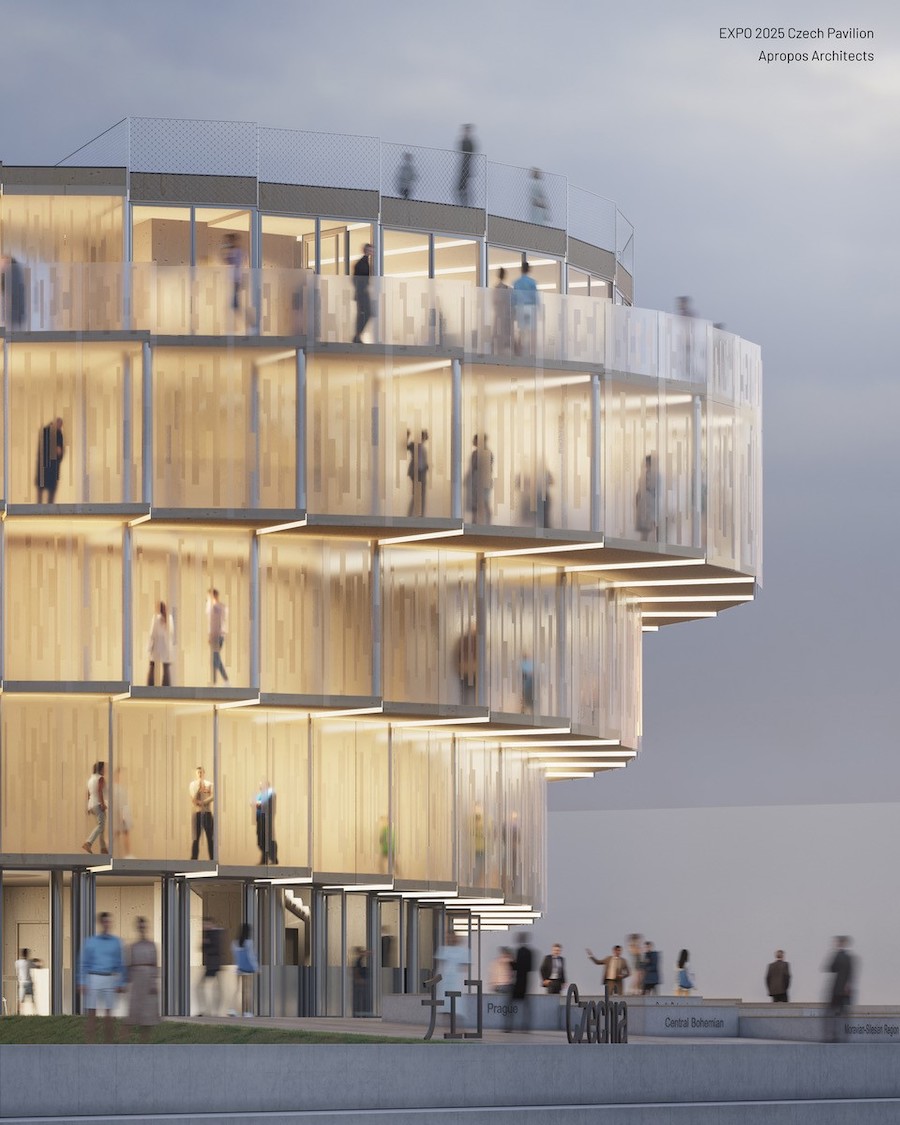
„I’m so proud to be the Ambassador of Japan to Czechia today. The seriousness and diligence of the Soska´s hard working team inspires confidence to everyone. Czechia is leading. Because it’s the Original. We’ll continue to work together for successful EXPO 2025,” says Japanese Ambassador to the Czech Republic Hideo Suzuki.
So far, 153 countries and 8 international organizations have signed up to participate in EXPO 2025, while 56 countries or regions plan to build their own pavilion (type A). Other countries and organizations plan to rent pre-built premises from the organizers.
“We sincerely welcome the construction application from the Czech Republic. We look forward to visiting the wonderful design pavilion that represent the beautiful Czech culture. I sincerely hope that the 2025 World EXPO will further spread the beauty of the Czech Republic to the world,” says Mayor of Osaka Hideyuki Yokoyama.
About Czech pavilion at EXPO 2025
In December 2022, after more than twenty years, the Office of the Czech Commissioner General announced an open anonymous architectural competition for the design of the national pavilion for EXPO 2025. A total of 38 teams entered the competition, from which an expert jury headed by world-renowned architect Eva Jiřičná selected the winning design in the shape of a glass spiral by Apropos Architects in March 2023. The load-bearing structure of the building will consist of modern wooden panels, while the façade will be made of art glass, which has a centuries-old tradition in Czechia. The National Pavilion will offer a worthy backdrop for the Czech participation in EXPO 2025, which will be held from April to October 2025 on the artificial island of Yumeshima in the Osaka Bay. The pavilion will house a permanent exhibition, a multifunctional auditorium, facilities for business meetings, a restaurant, a VIP lounge and a relaxation area in front of the pavilion with a view of the sea.
About Czech participation at EXPO 2025
The Czech Republic as an independent state will participate in the World EXPO for the sixth time. Ondřej Soška, who won the tender of the Ministry of Foreign Affairs of the Czech Republic last spring with his concept and theme “Talent and Creativity for Life”, has been the Commissioner General since September 2022. Czechia should present itself in Osaka not only with what the Japanese know very well and have long admired, such as Czech glass and classical music, but especially with Czech innovations, nanotechnologies, promising start-ups and regional talents.
More information can be found on the website of the Czech participation at EXPO 2025. Follow us on Twitter, LinkedIn, Facebook and Instagram.
